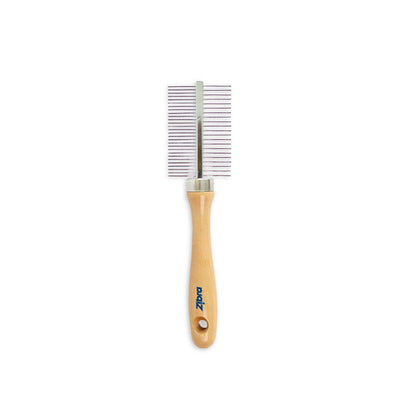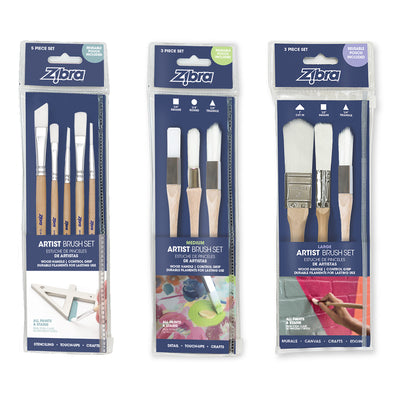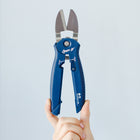
Open It! - 4 in 1 Box Cutter
Open It! - 4 in 1 Box Cutter
Earn 18 points on this purchase! Learn more
Check out our shop to see what’s available

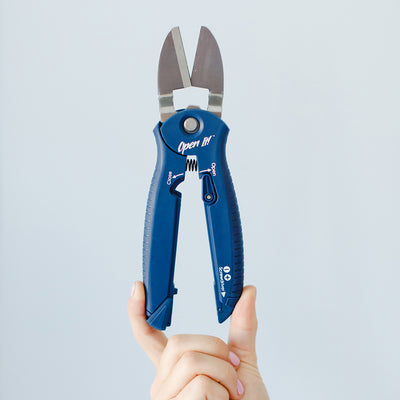
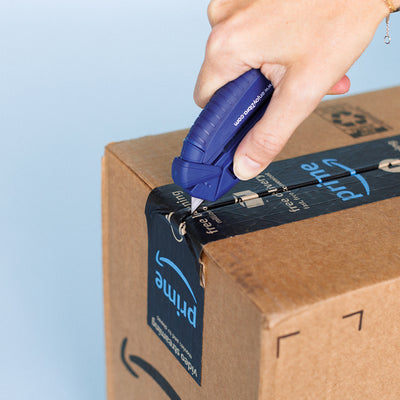
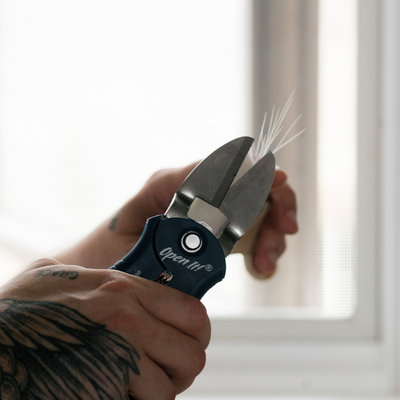
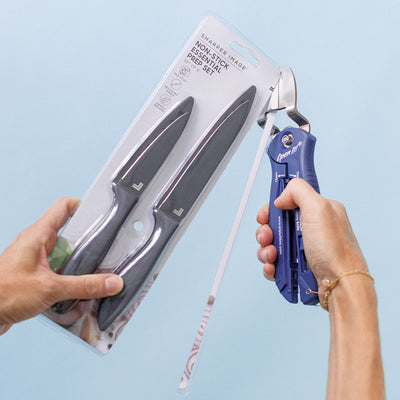
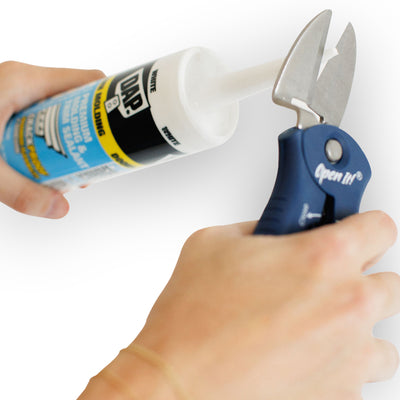
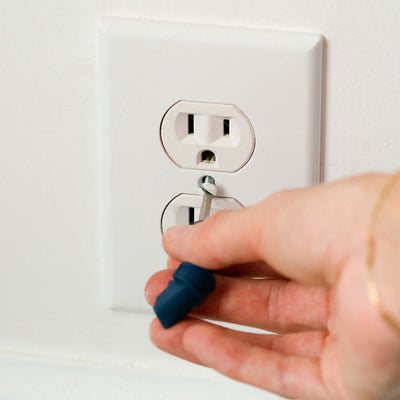
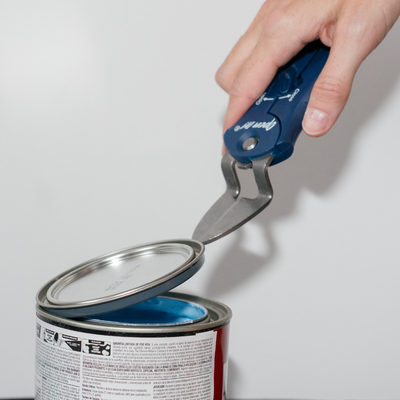
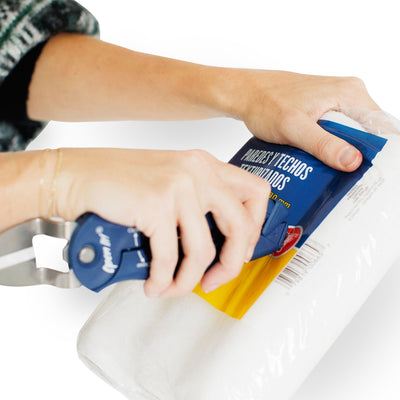
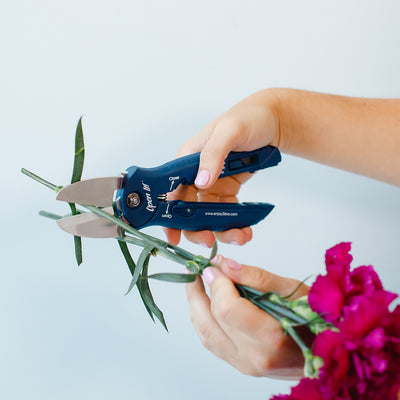
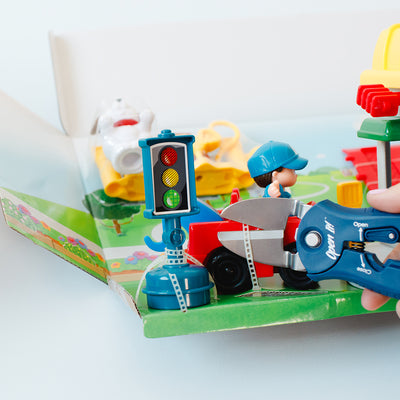
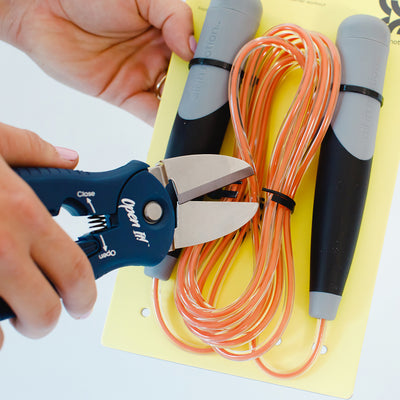
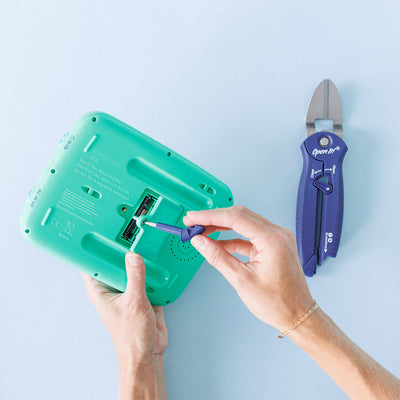
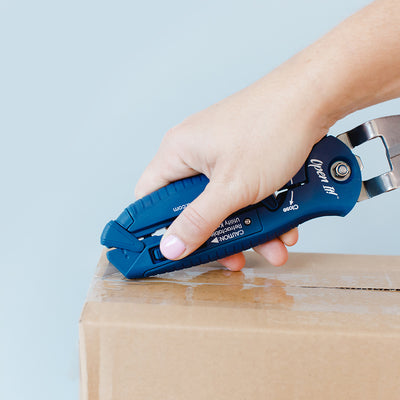
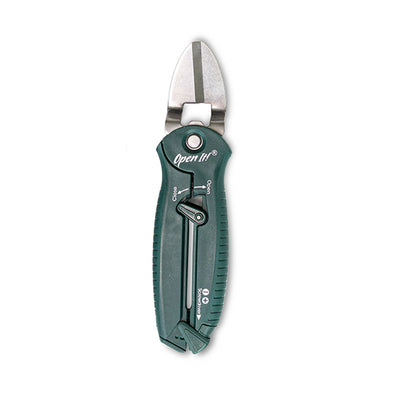
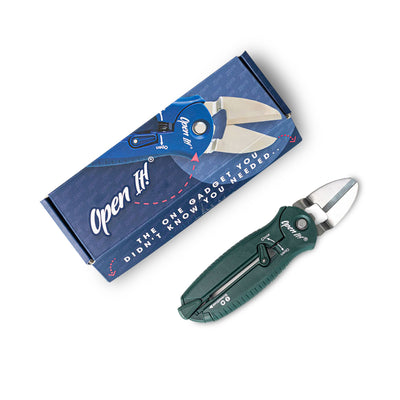
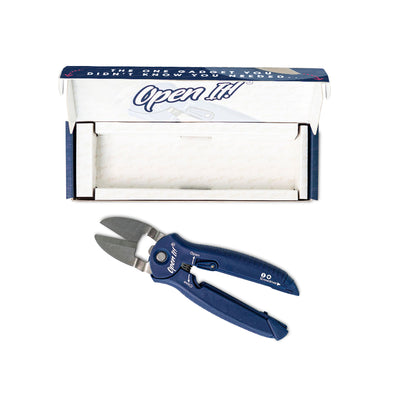
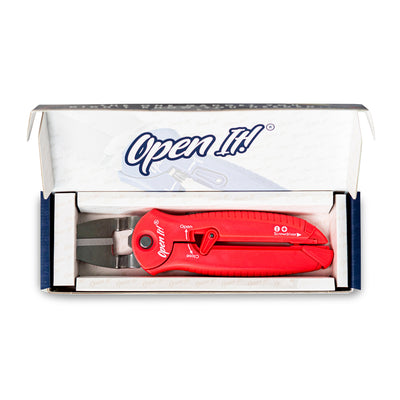
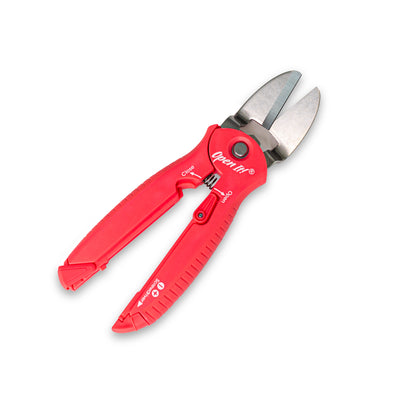
Earn 18 points on this purchase! Learn more
Trust us when we say you're going to want to grab a pen and paper...and write these down.


A good paintbrush is like your trusty assistant — it shows up, does the hard work, and then it deserves a little TLC when the project is done. Whether you’re working on your tenth mural or your first DIY project, taking proper care of your brushes can save you money and help you get cleaner, crisper lines every time you paint.
Here are a few insider hacks from the Zibra team to keep your brushes in their best shape, plus what to do when things go south (we’re looking at you, dried-on paint 👀)
The number one brush-saving rule: clean it right after you finish painting!
But hey, life happens. If you realize your brush is crusty with dried paint, don’t toss it just yet — there still may be hope.
Here’s what to do:
This method can work wonders — just don’t expect miracles every time.
Sometimes a brush just doesn’t bounce back. If you’ve soaked and scrubbed and it’s still stiff or frayed, the paint has likely cured to the filaments. A telltale sign is when the bristles won’t soften up even after a full 24-hour soak in soapy water.
Pro tip: if your brush is stiff like a handful of hay, it’s probably time for a replacement.
When it comes to cleanup, water-based paints are by far the easiest to work with. Why? They’re water-soluble, so soap and water usually do the trick.
On the flip side, oil-based paints require paint thinner for proper cleanup — because remember: oil and water don’t like each other!
If you’re using oil-based products, make sure you’ve got paint thinner or mineral spirits on hand, and always clean your brush in a well-ventilated area. 😷
Unfortunately, not all soaps are created equal. For the best results, use a detergent- or surfactant-based soap. This helps break down and lift paint from the filaments more effectively than regular hand soap. Bonus points if it’s specifically made for brush cleaning.
When you’re done painting for the day, just remember that a little effort goes a long way when it comes to brush care. Clean them well, dry them properly, and store them flat or bristle-side up to avoid warping. Trust us: your brushes (and your future projects) will thank you.
Looking for the right tools to match your project? Check out Zibra’s lineup of precision brushes, made for artists, DIYers, furniture refinishers, and pros who expect their tools to last and last.
 How-to Series
How-to Series
 How-to Series
How-to Series
This month, we put a spotlight on Kyle Mosher, a Charlotte, NC-based artist who expertly bridges fine art traditions with contemporary culture.
 How-to Series
How-to Series
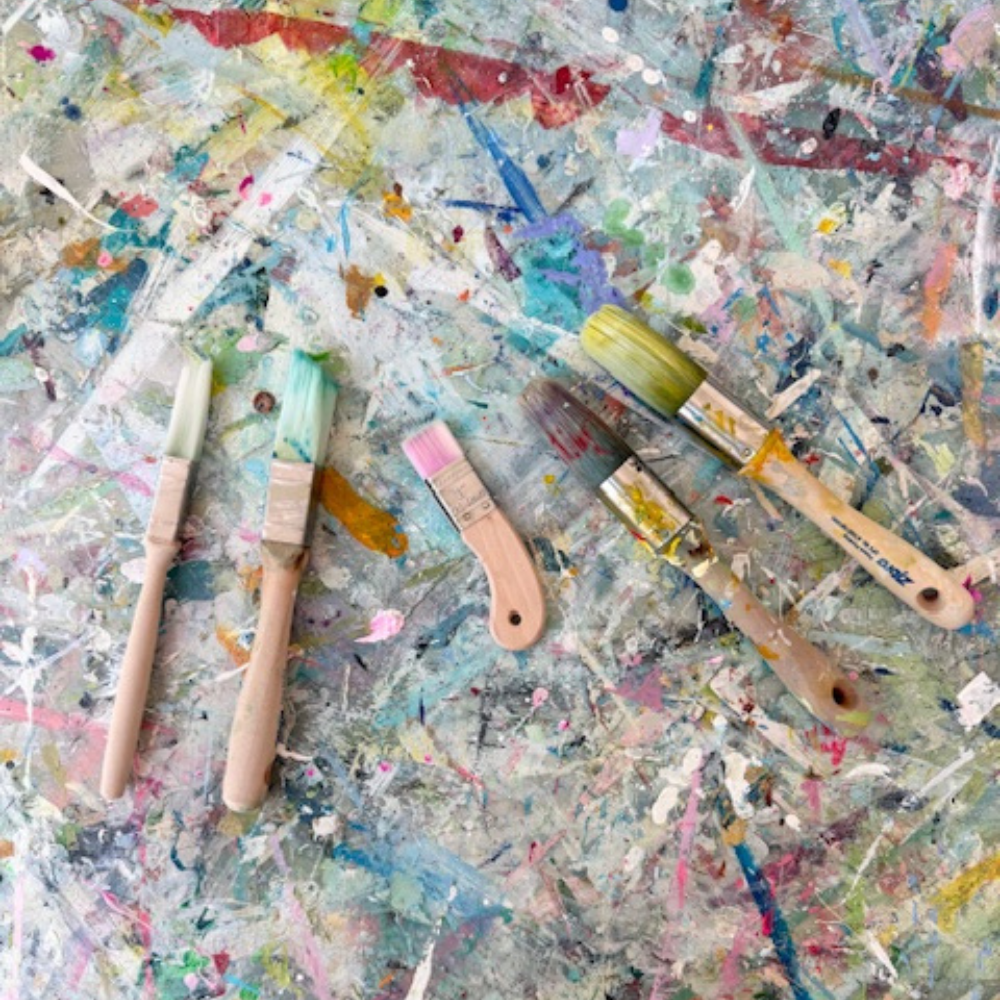 How-to Series
How-to Series
@charliefrenchfineart is taking over our blog and weighing in on his favorite brushes. Can you guess which ones are his favs?
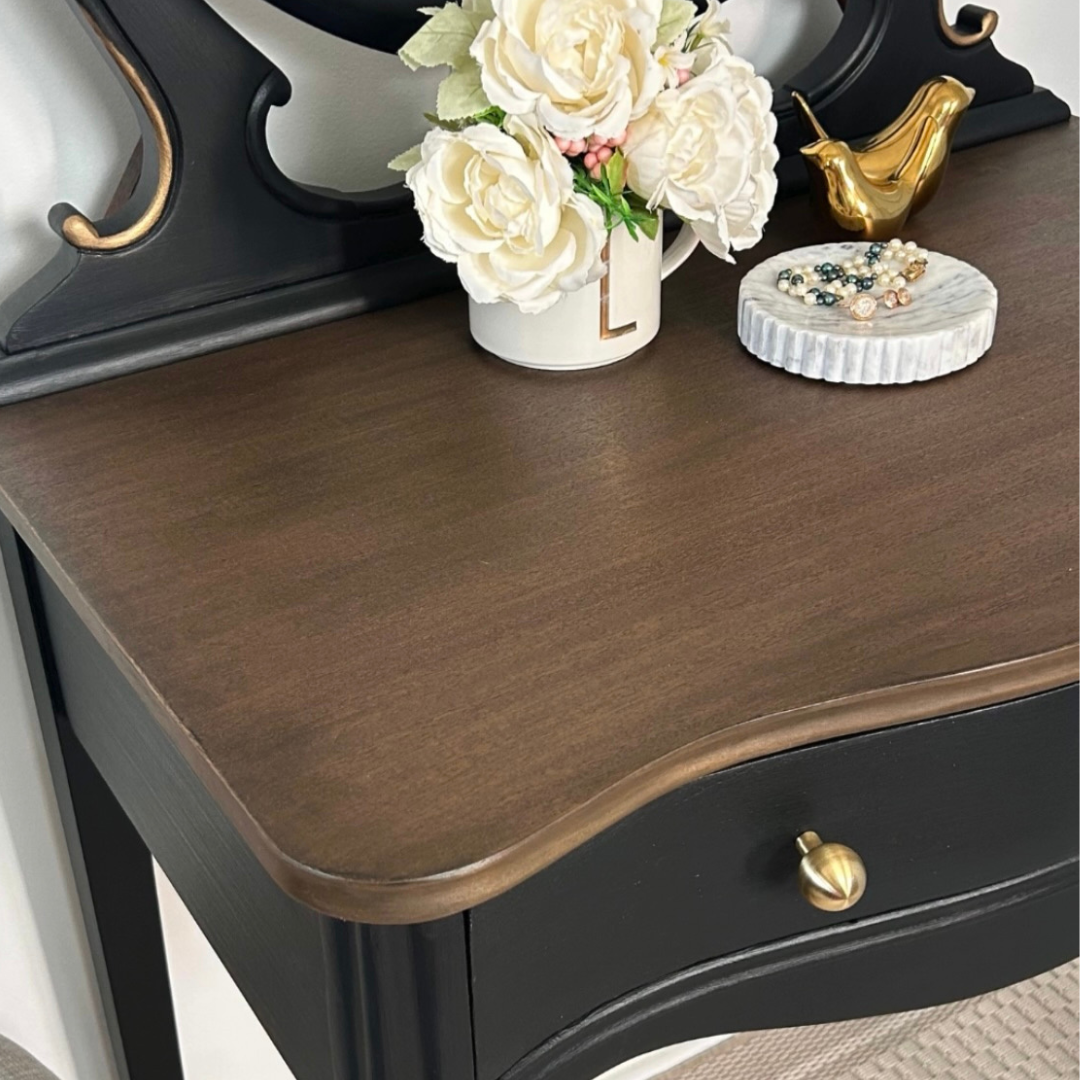 How-to Series
How-to Series
Furniture refinisher, Lisa Pelow is taking over our blog and giving us her favorite go-to paint brushes for painting furniture. Enjoy!
"its like taking your first bite of a meal and it tastes better than expected"
"hands down the best brushes!!"
"its honestly unreal how much better your brushes are"
"love my zibra brushes!!! these babies glide like no other"
Welcome to our quiz!
Let us find the perfect product for you
Great! Let us help you narrow it down.What kind of things will you be painting?
Based on your answers, we recommend:
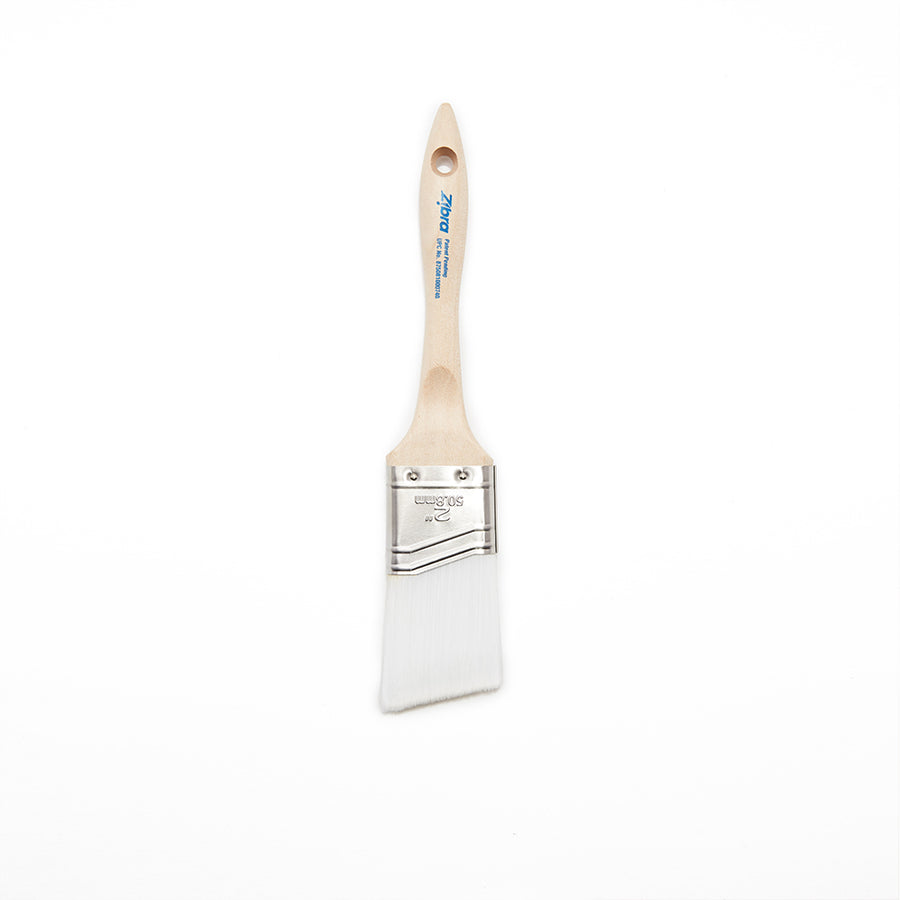
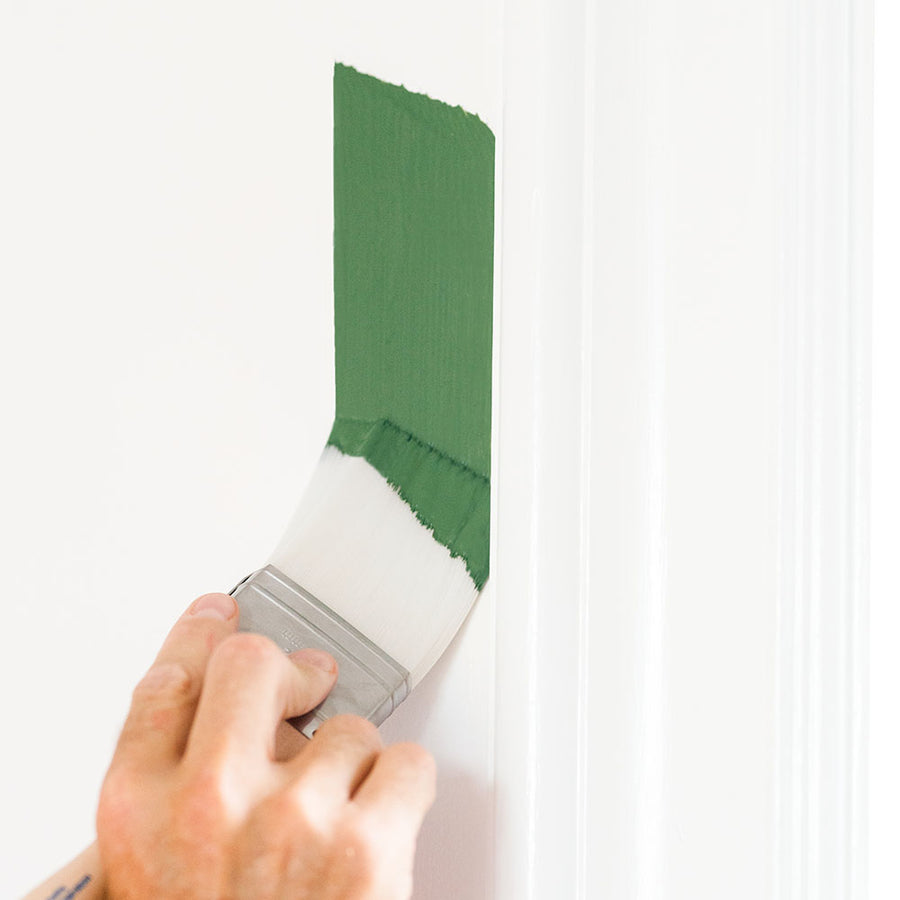
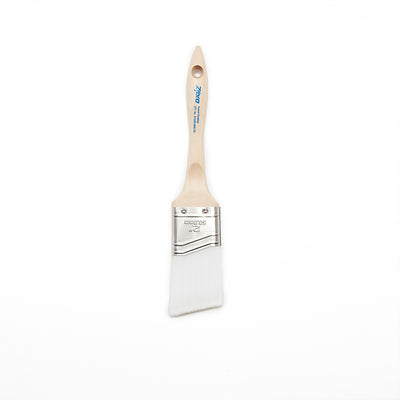
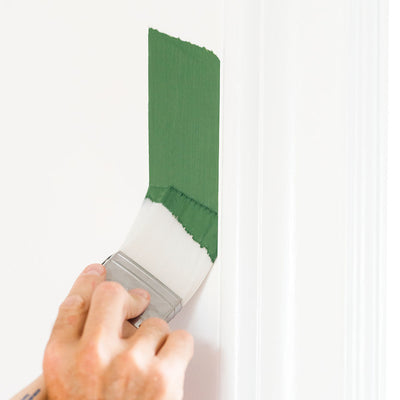
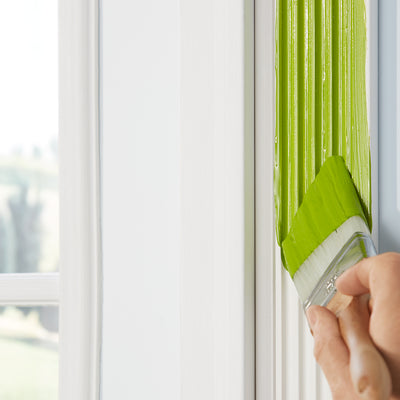
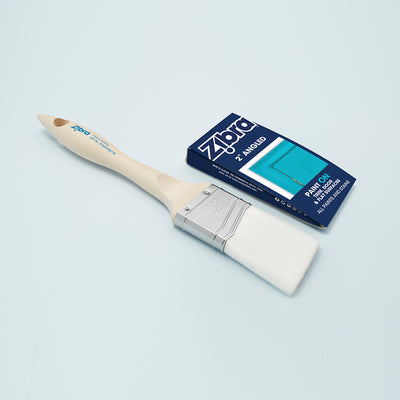
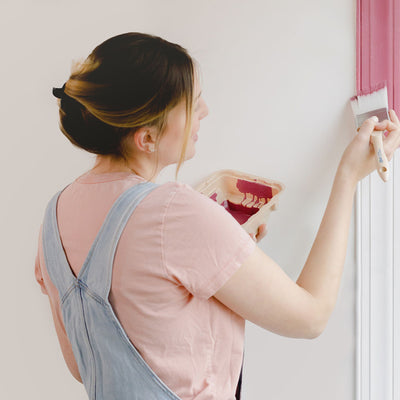
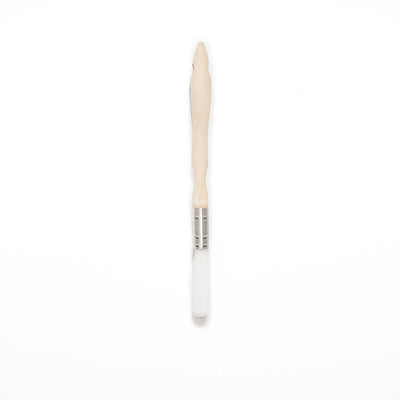
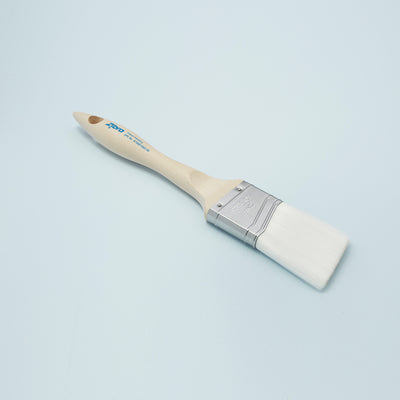
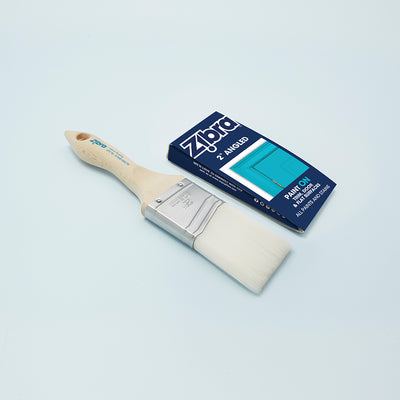
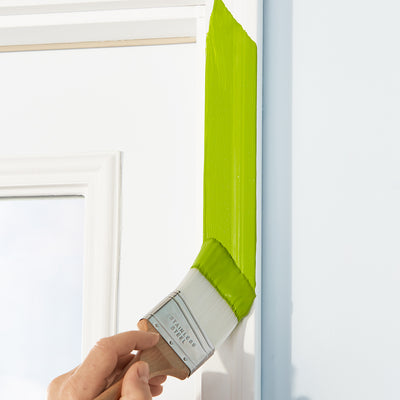
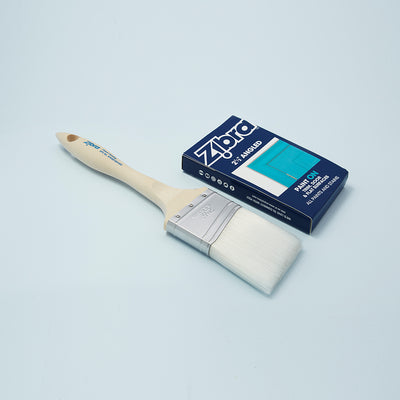
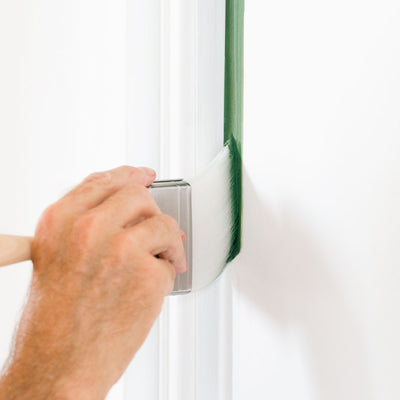
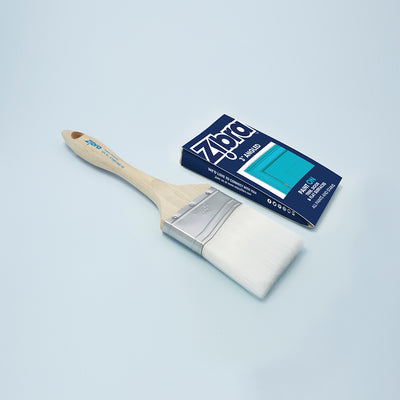
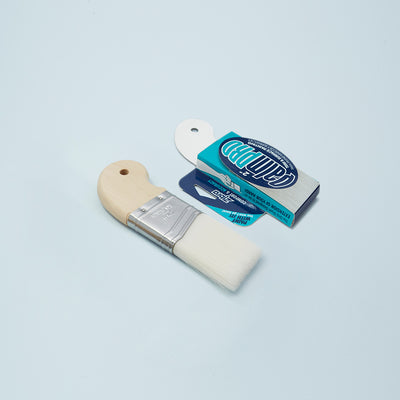
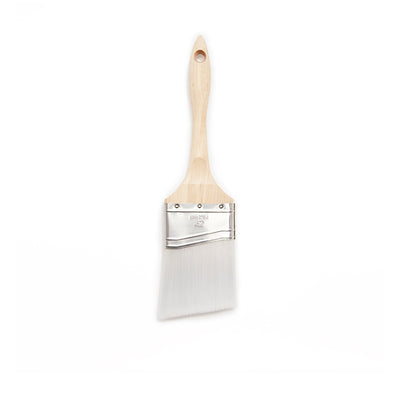
Earn 11 points on this purchase! Learn more
Painting ON trim around doors, windows, baseboards & ceilings
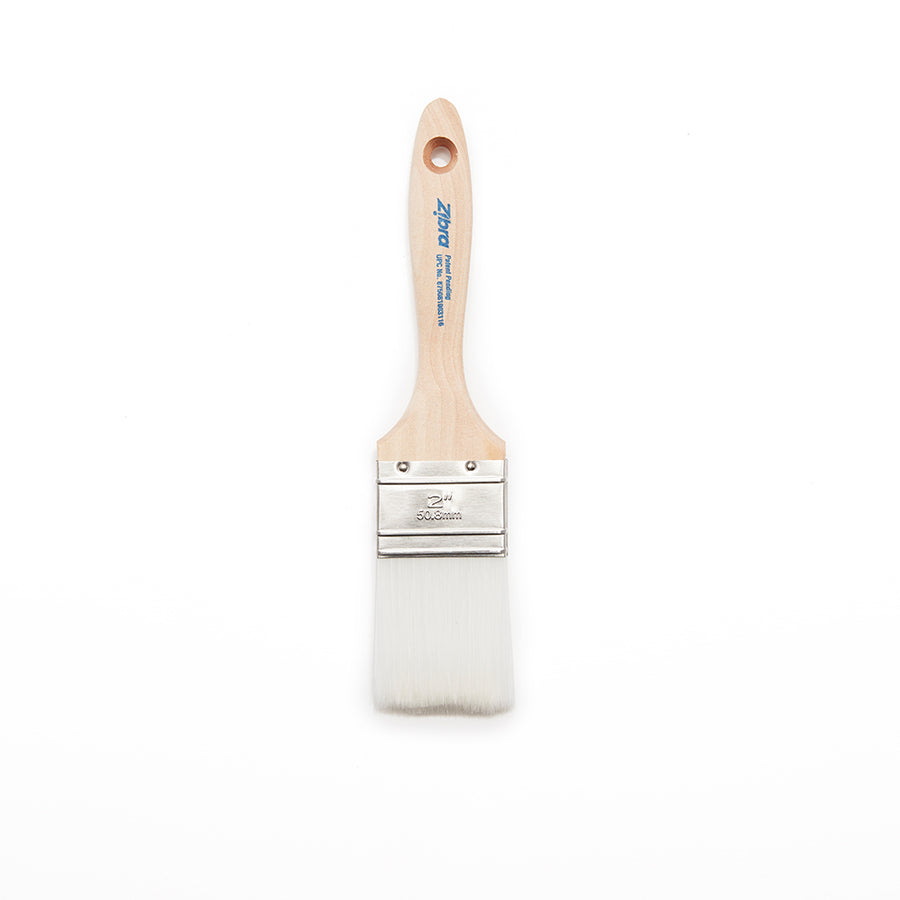
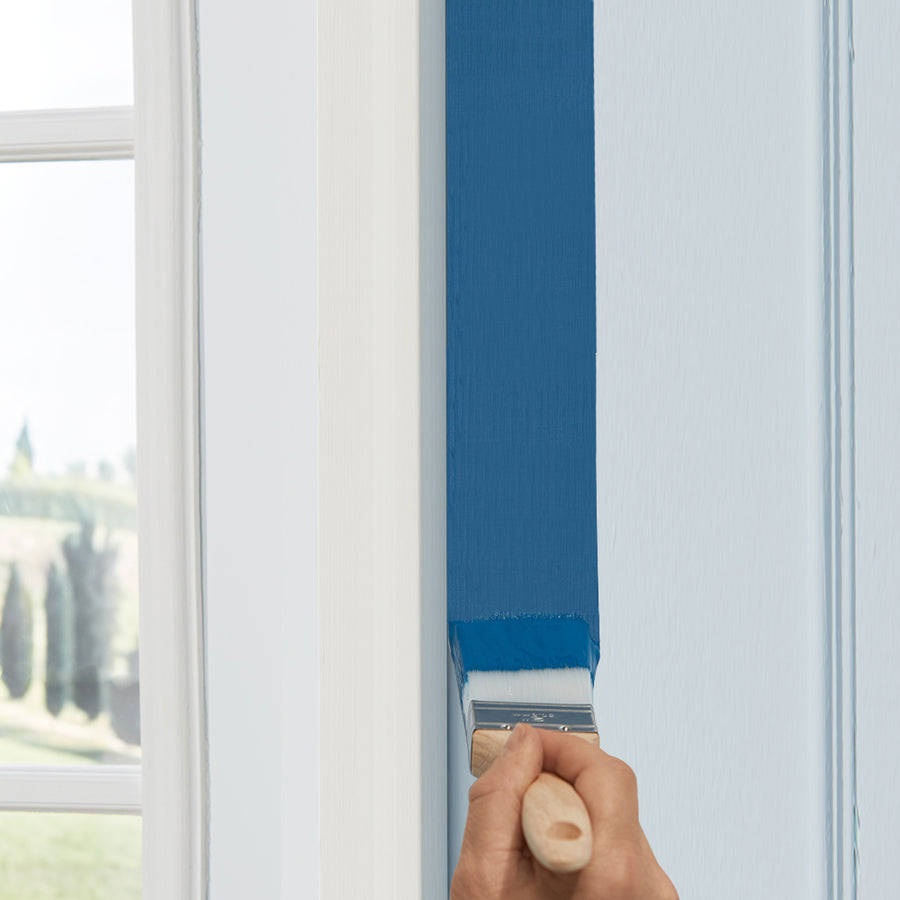
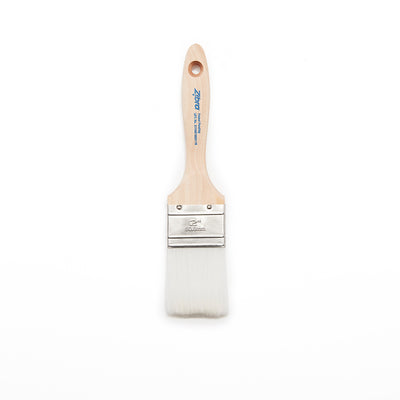
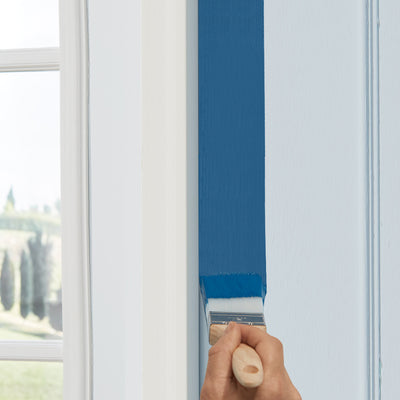
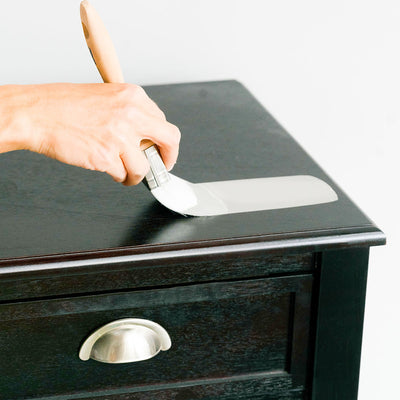
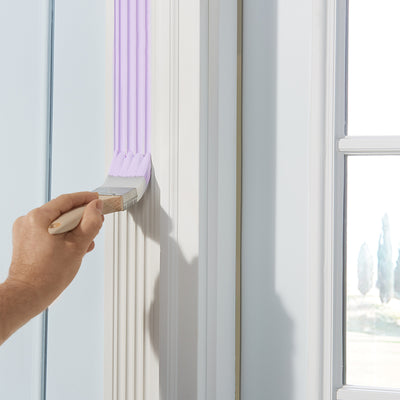
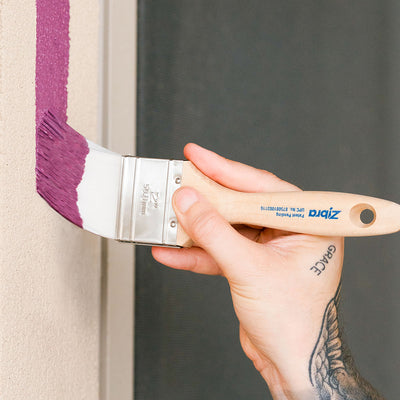
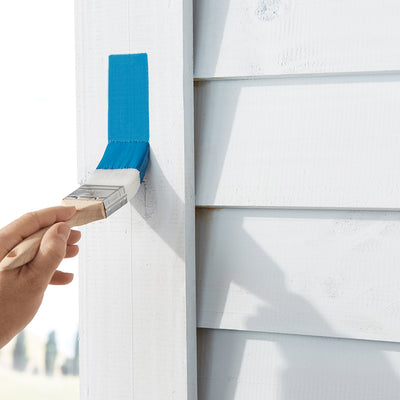
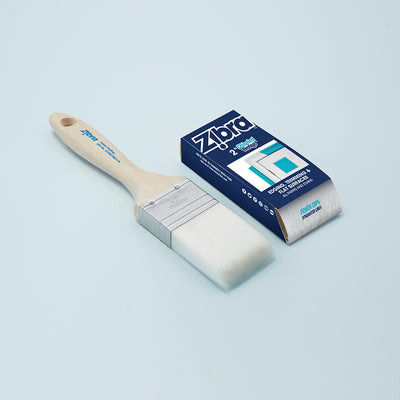
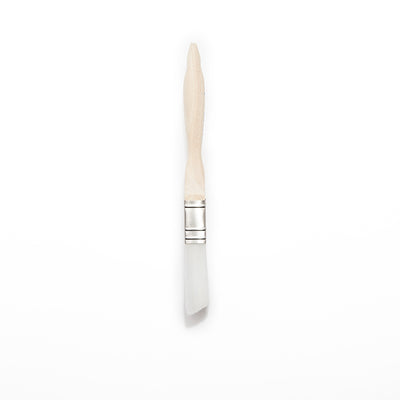
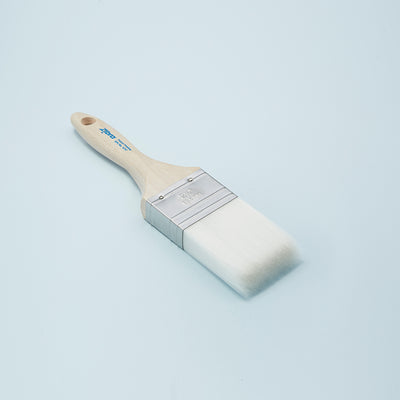
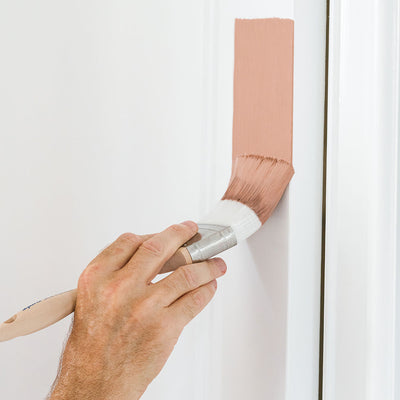
Earn 13 points on this purchase! Learn more
Combination flat and angled head guarantees maximum paint load for long runs
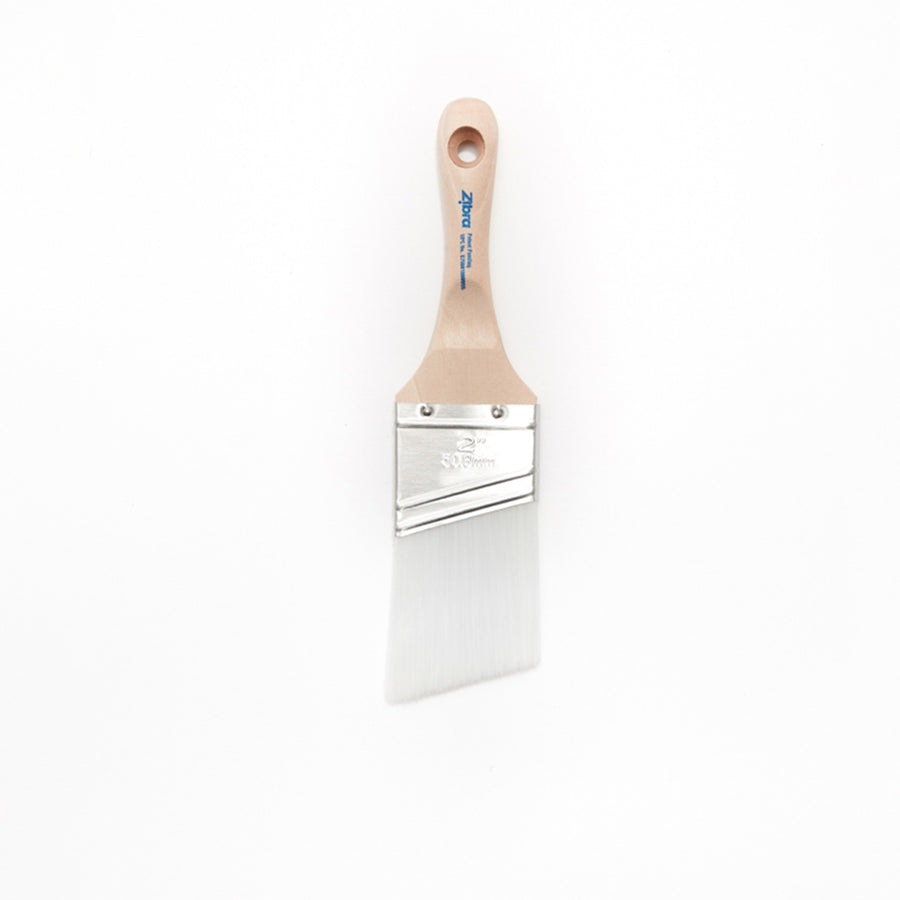
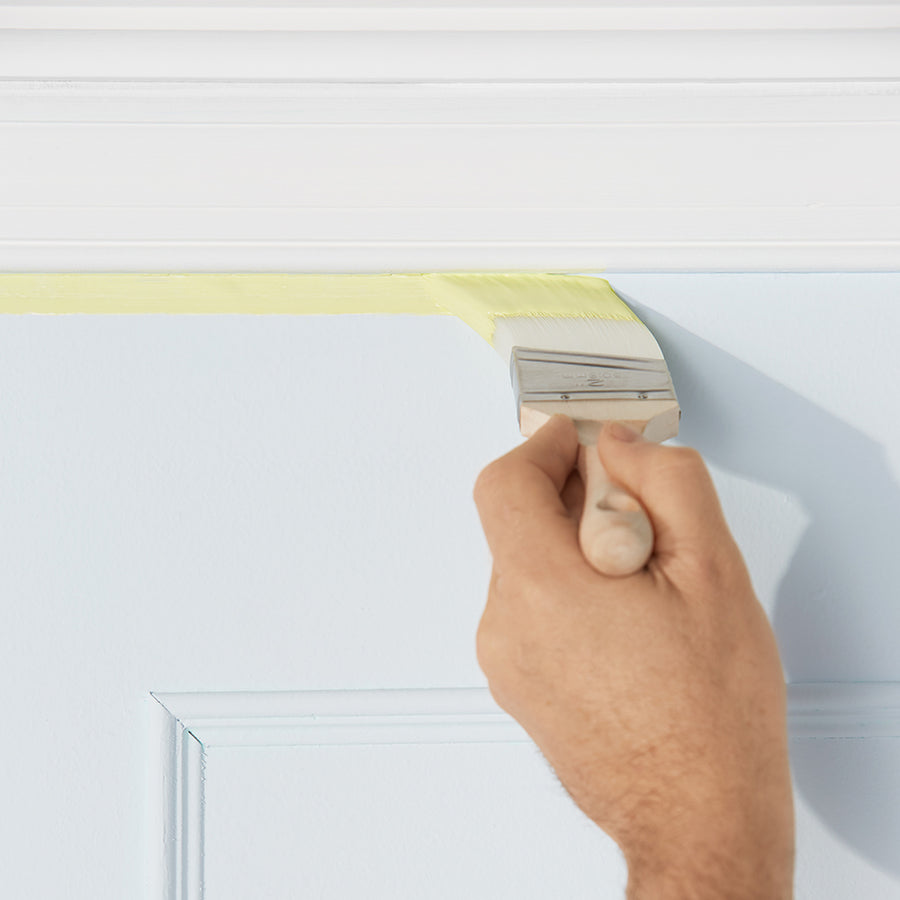
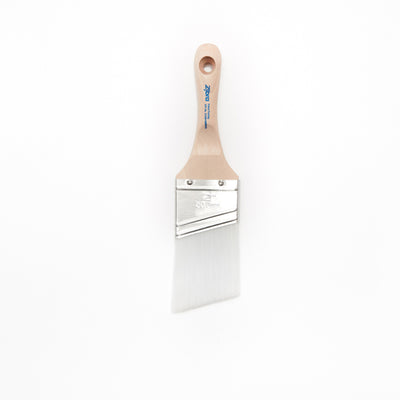
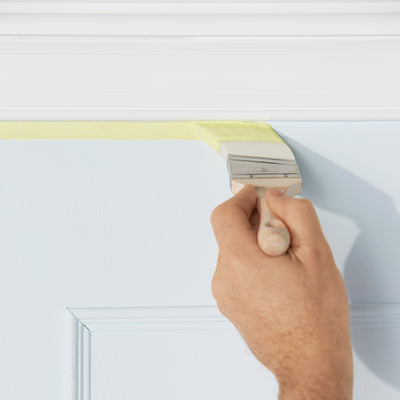
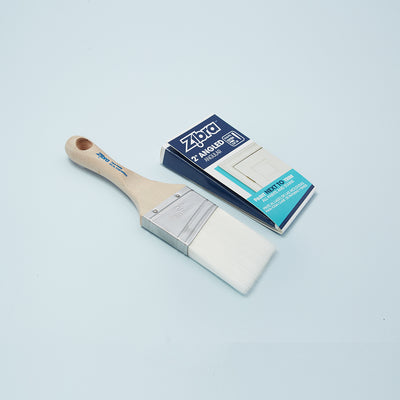
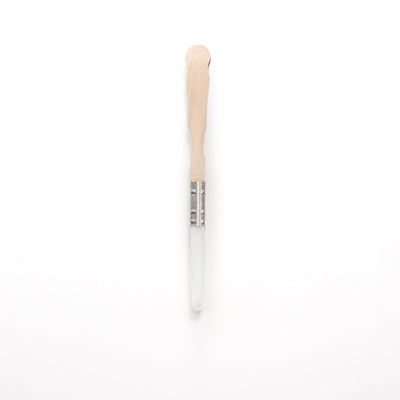
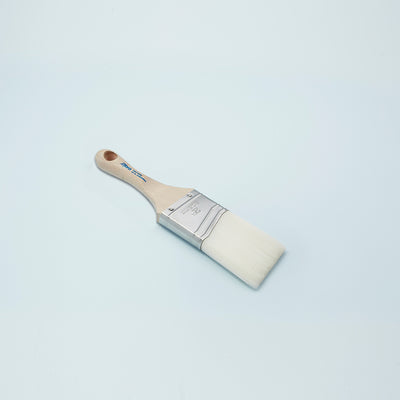
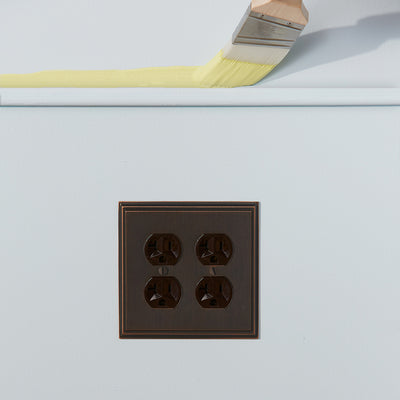
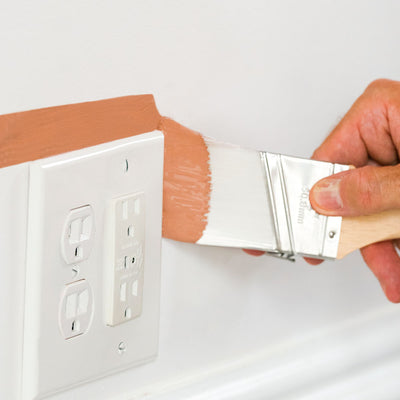
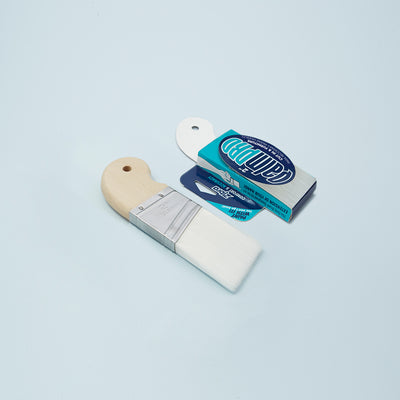
Earn 11 points on this purchase! Learn more
Ideal for painting NEXT to trim where exact lines and precision control is needed
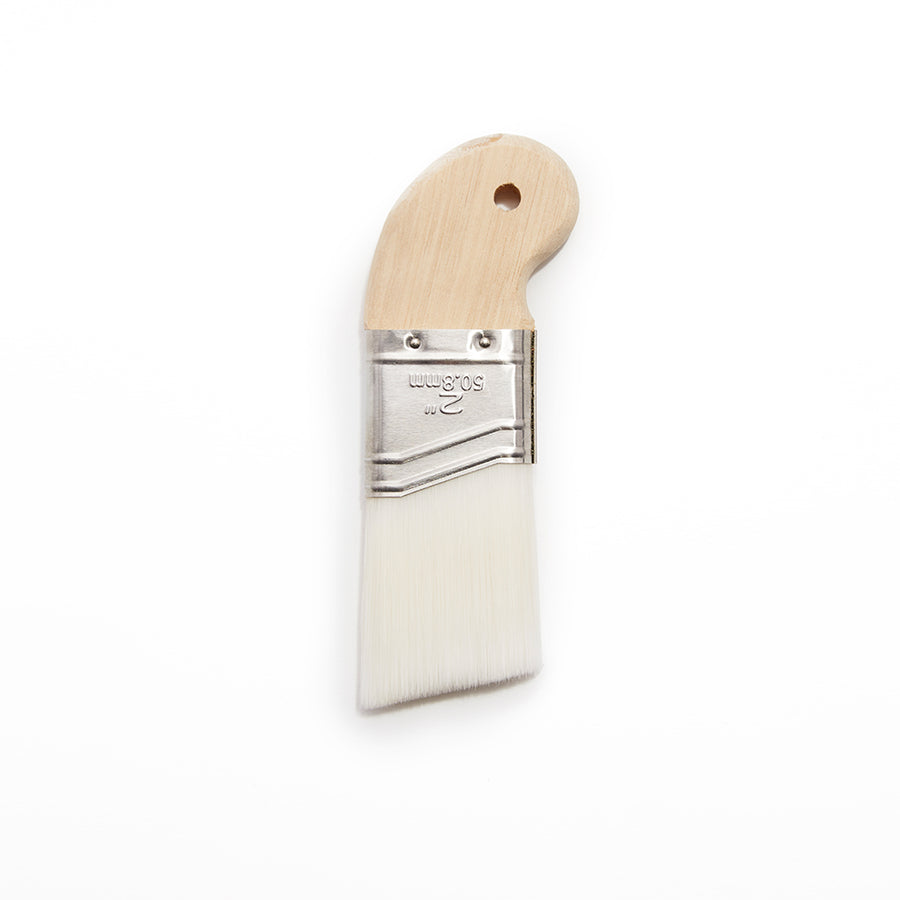
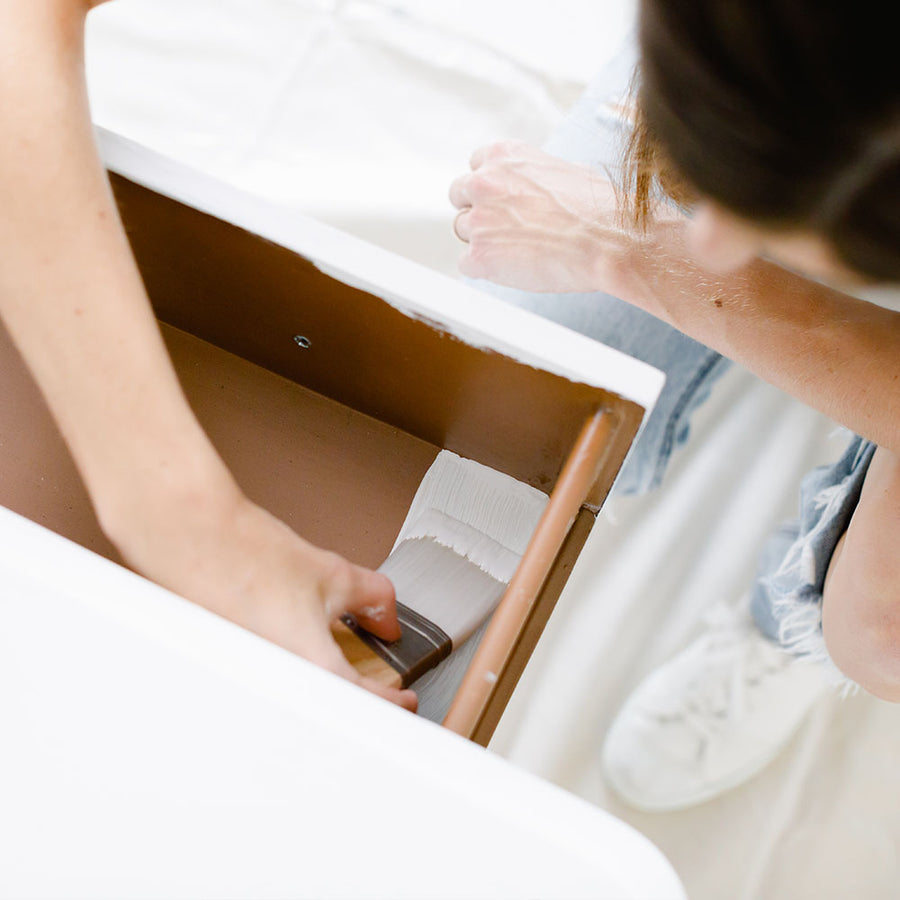
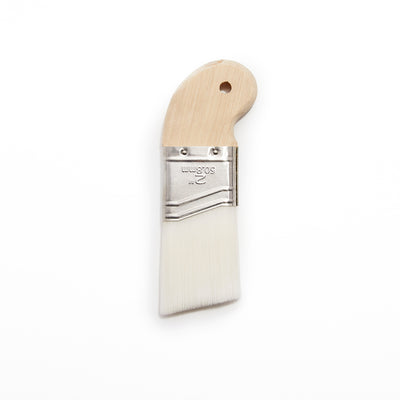
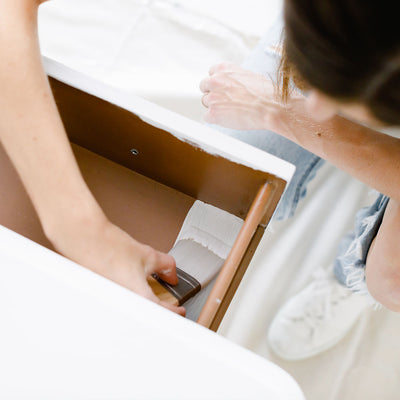
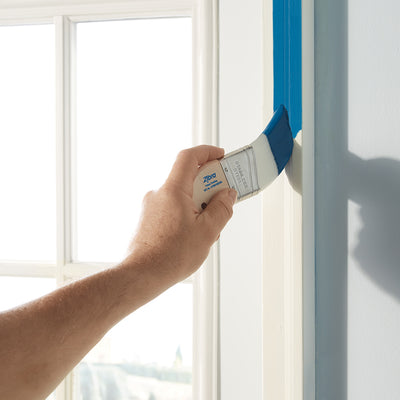

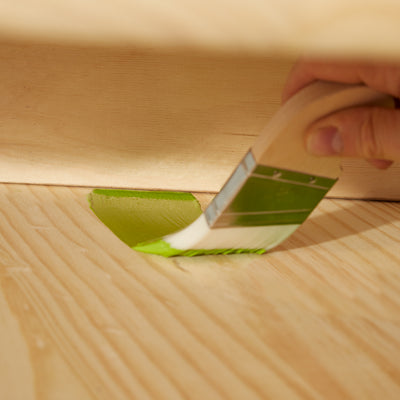
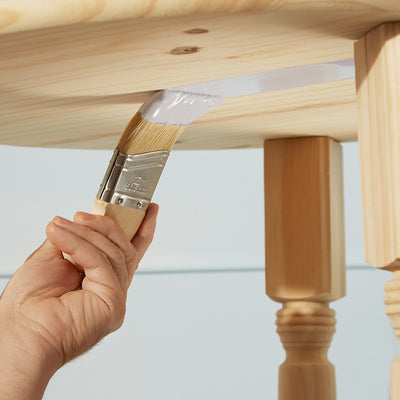
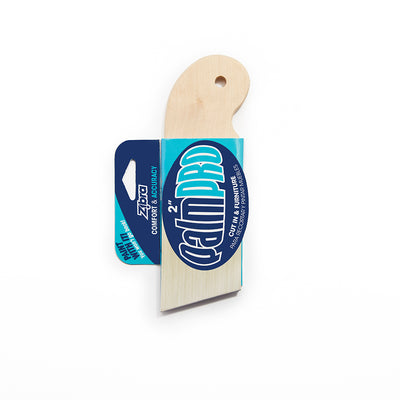
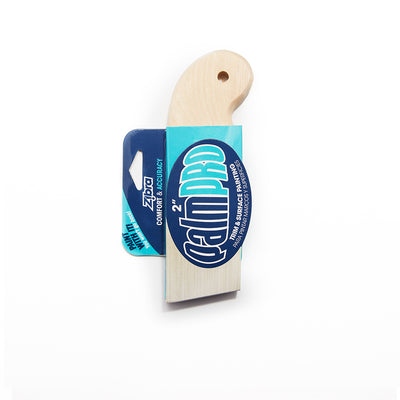
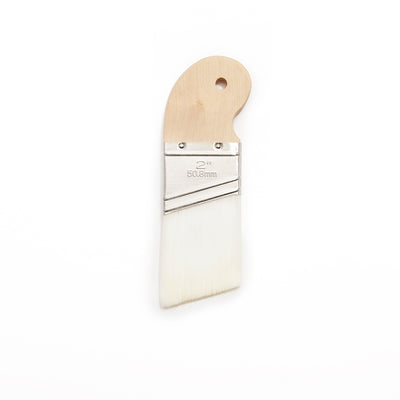
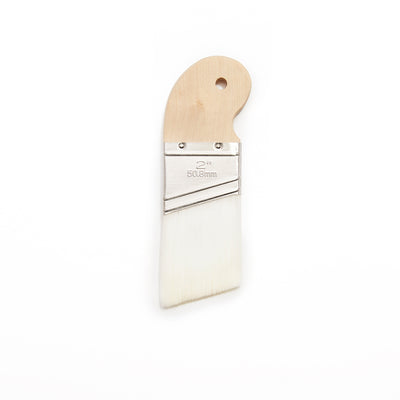
Earn 11 points on this purchase! Learn more
Fits comfortably in the palm of your hand, more comfort and more control especially for tight spaces
















Earn 11 points on this purchase! Learn more
Painting ON trim around doors, windows, baseboards & ceilings












Earn 13 points on this purchase! Learn more
Combination flat and angled head guarantees maximum paint load for long runs
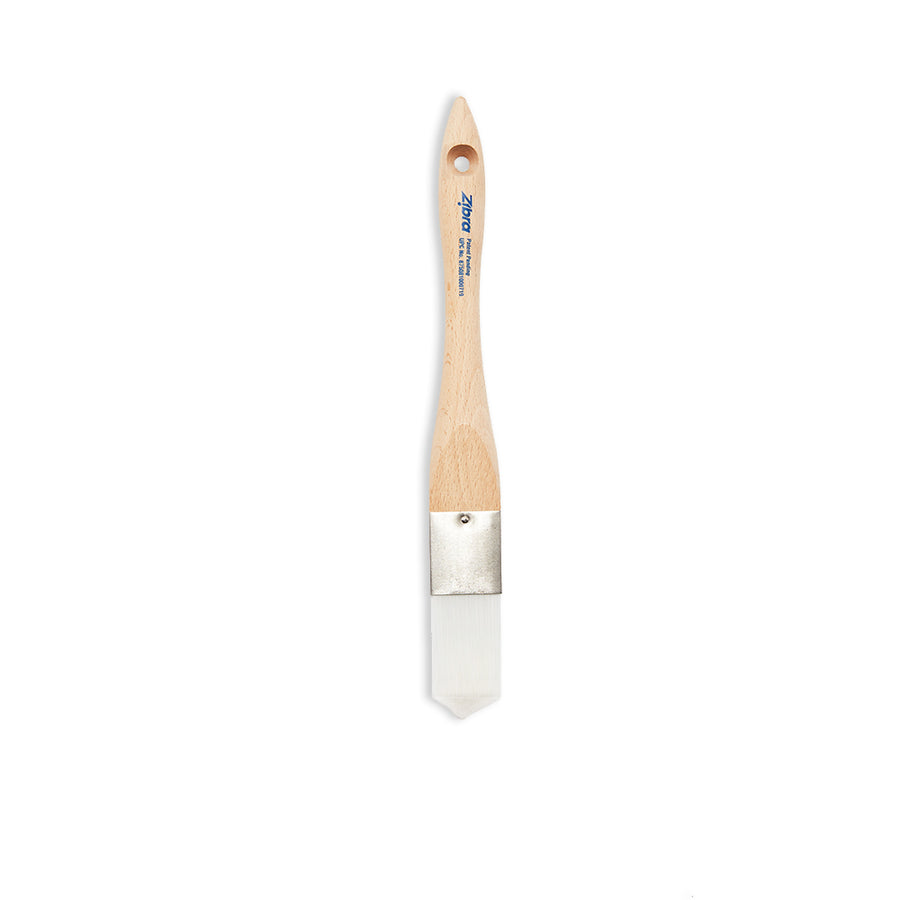
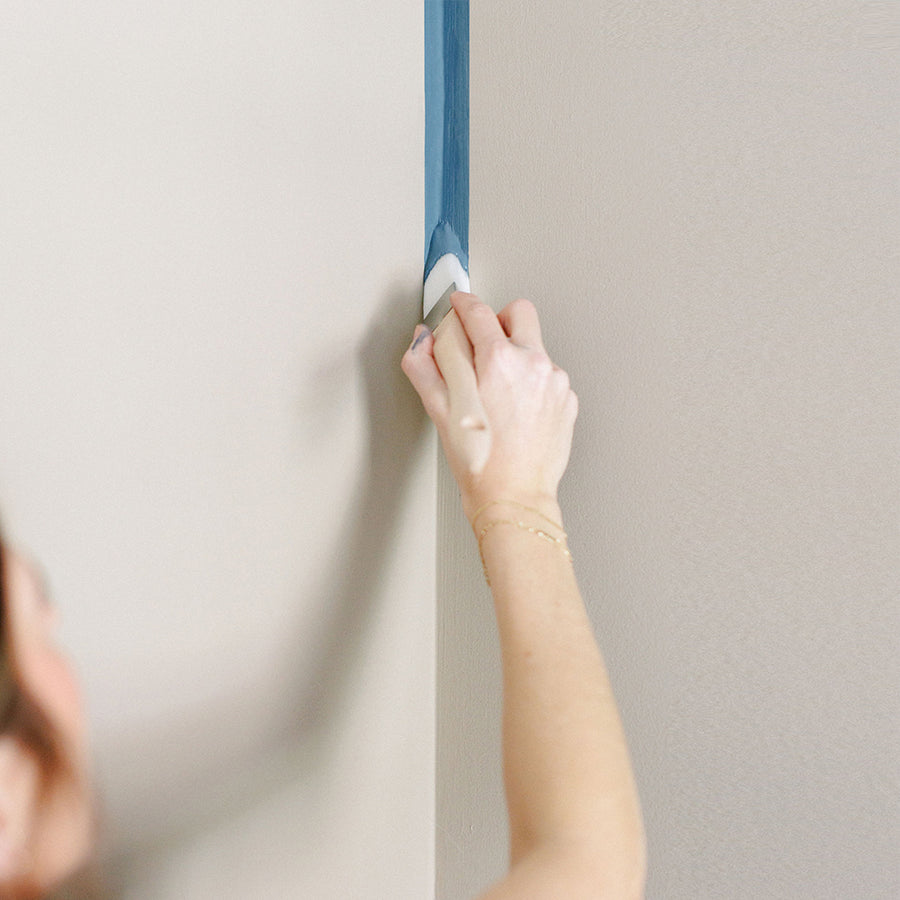
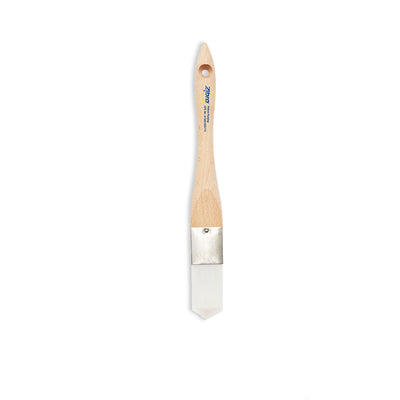
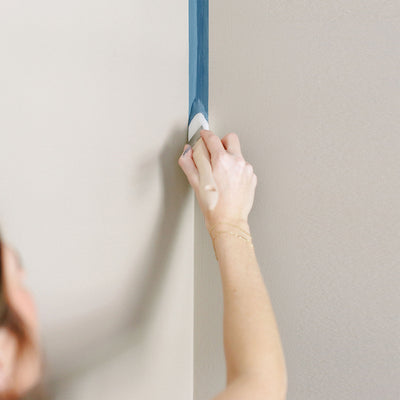
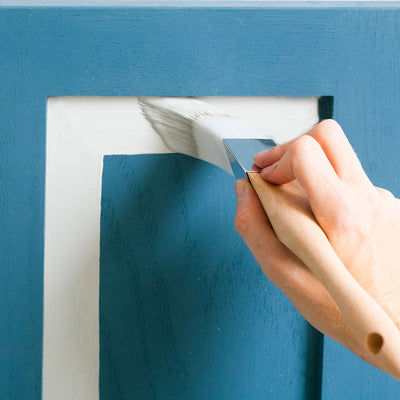
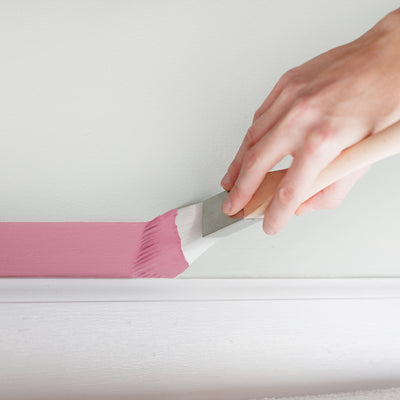
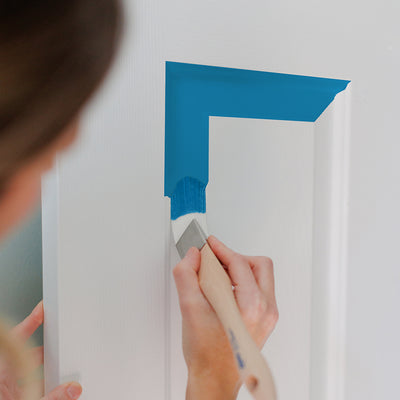
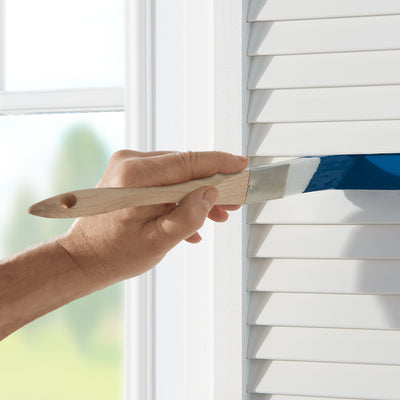
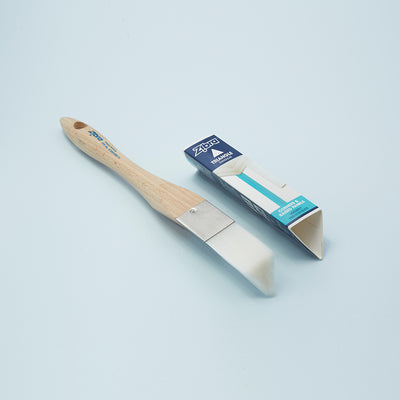
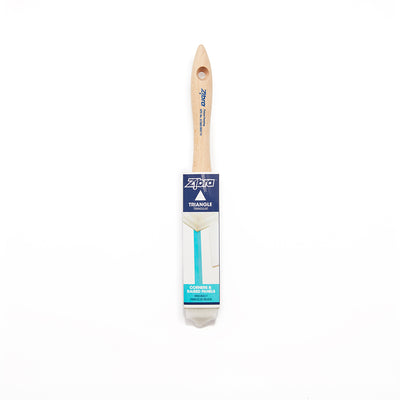
Earn 11 points on this purchase! Learn more
Paints corners with precision & accuracy, great for cutting in next to trim
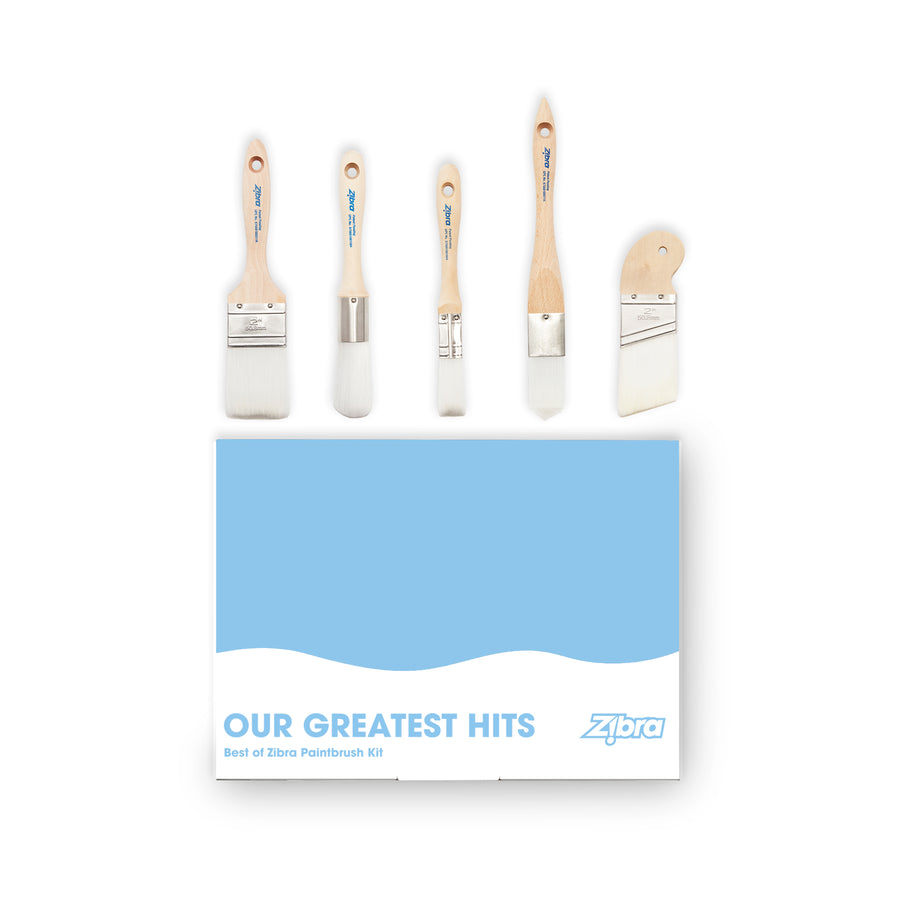
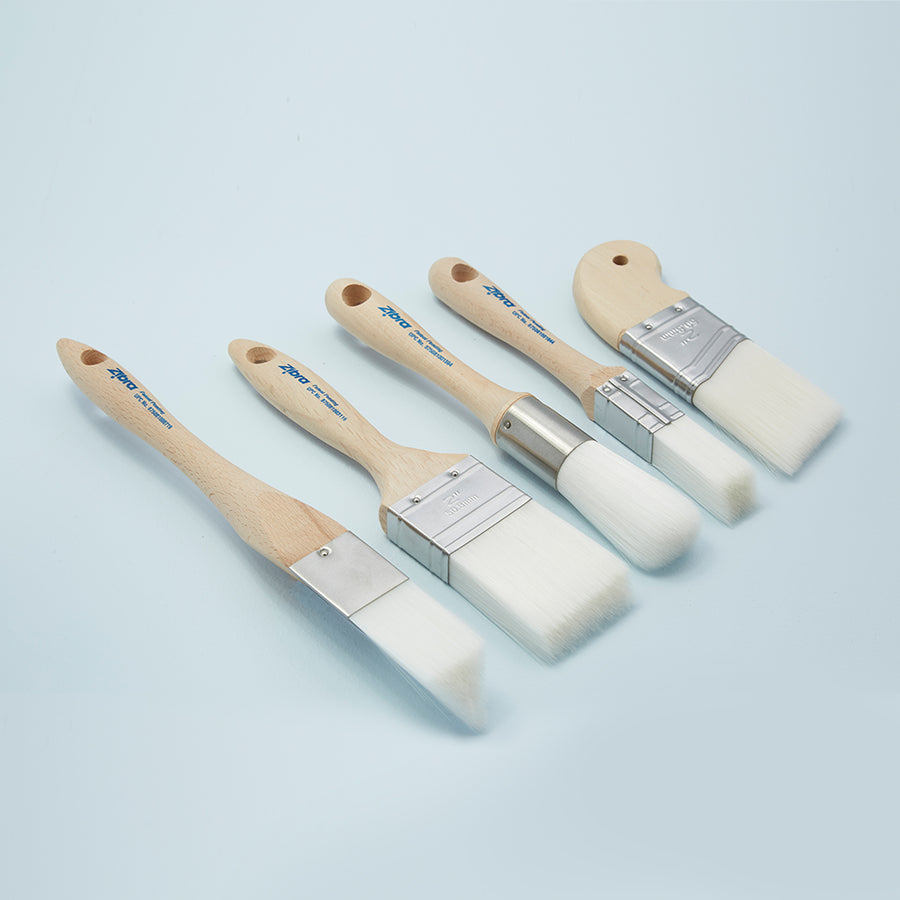
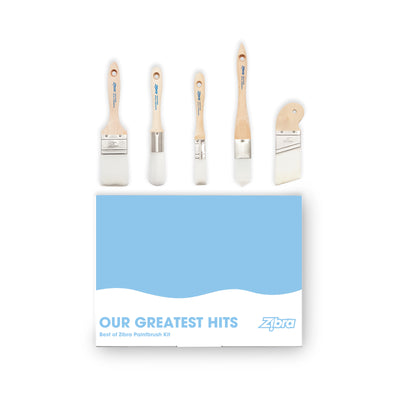
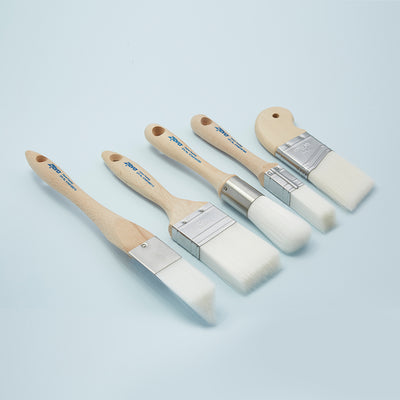
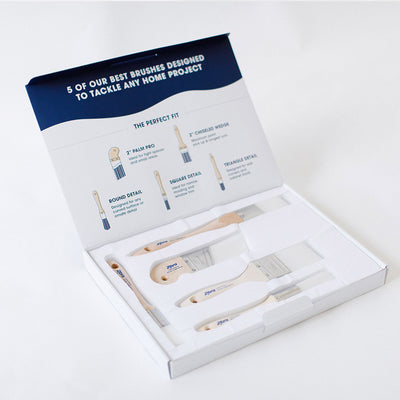
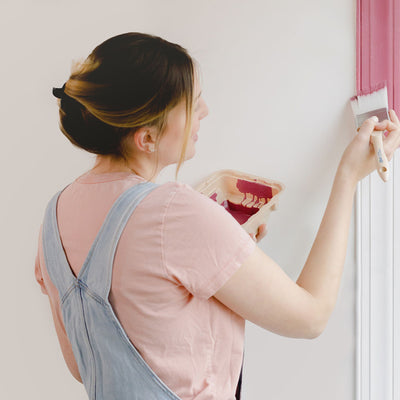
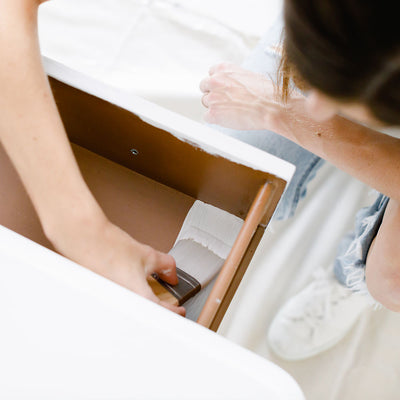
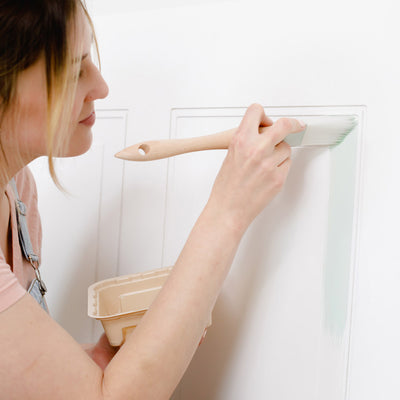
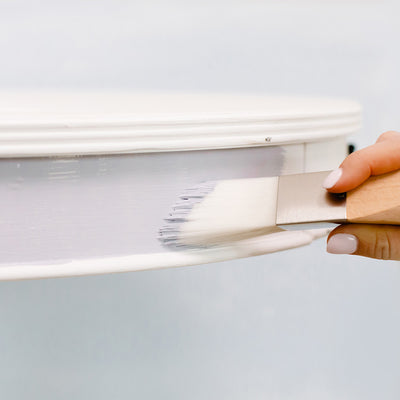

Earn 53 points on this purchase! Learn more
Great for any project in your home: trim, furniture and detail work
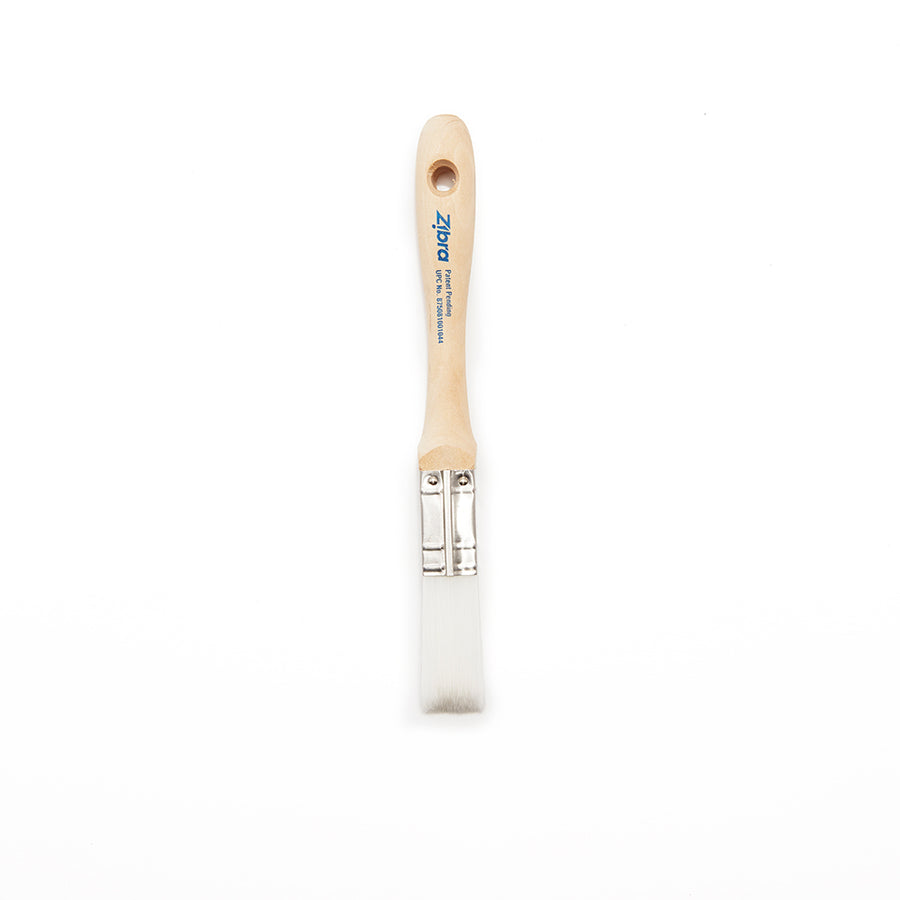
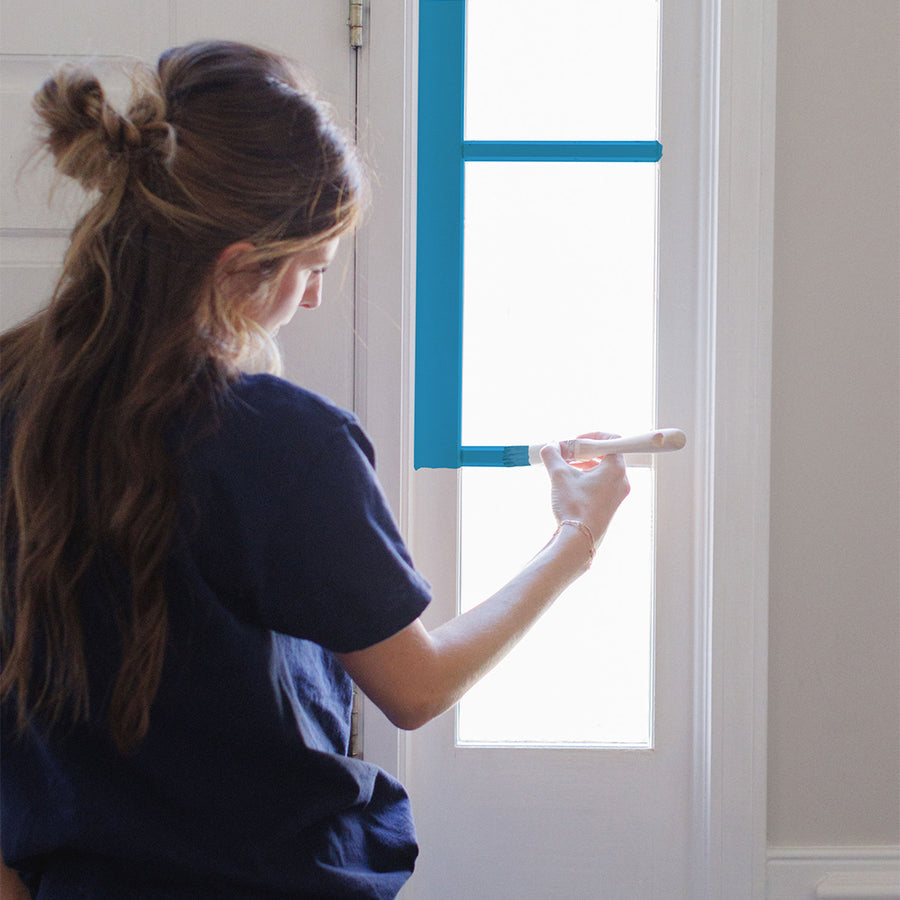
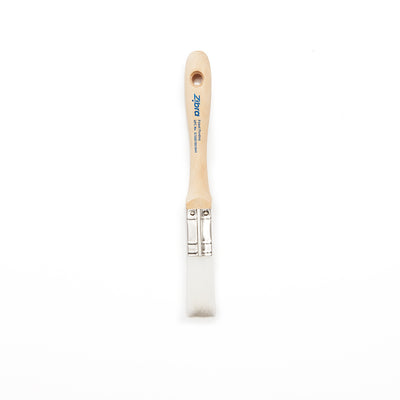
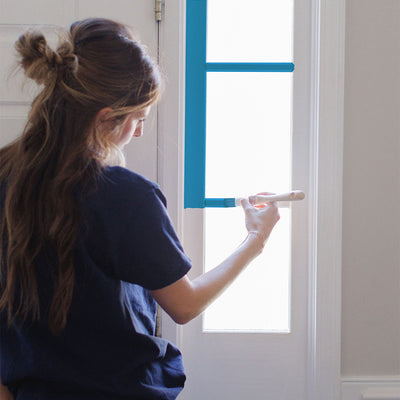
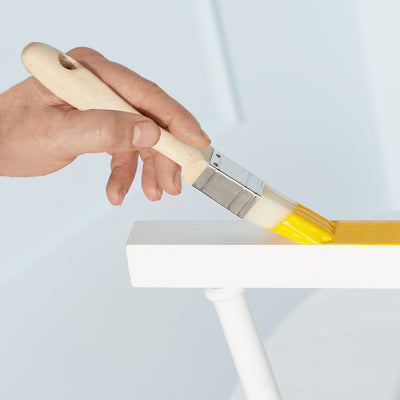

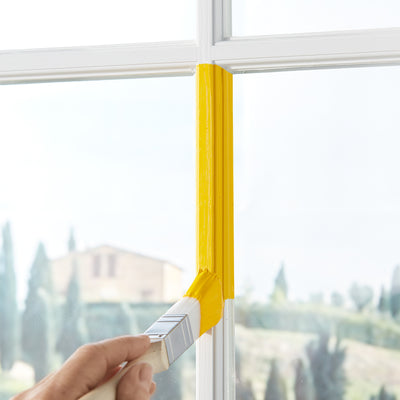
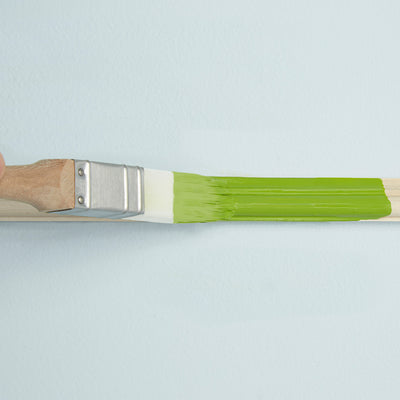
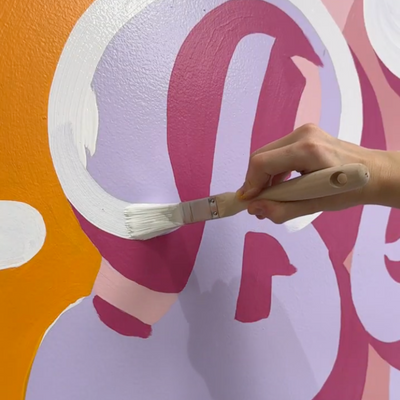
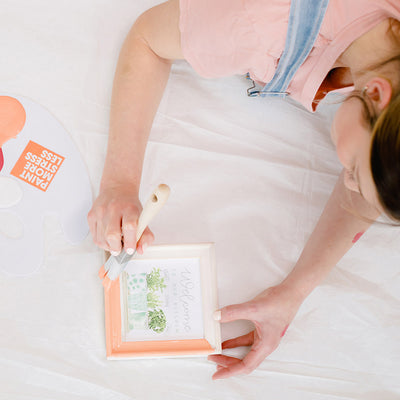
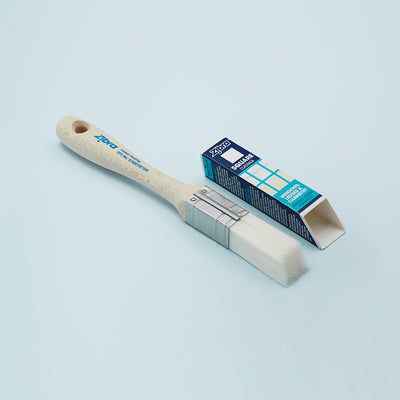
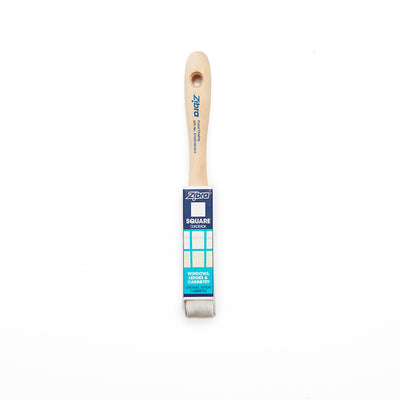
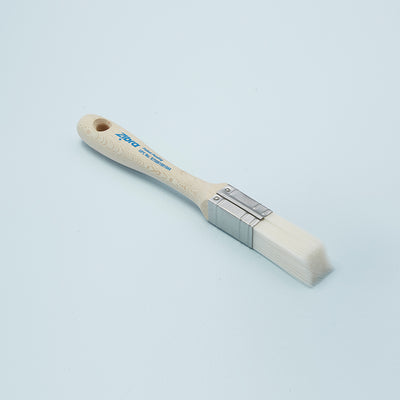
Earn 10 points on this purchase! Learn more
Narrow width with large filament pack out providing smooth finish and fewer dips
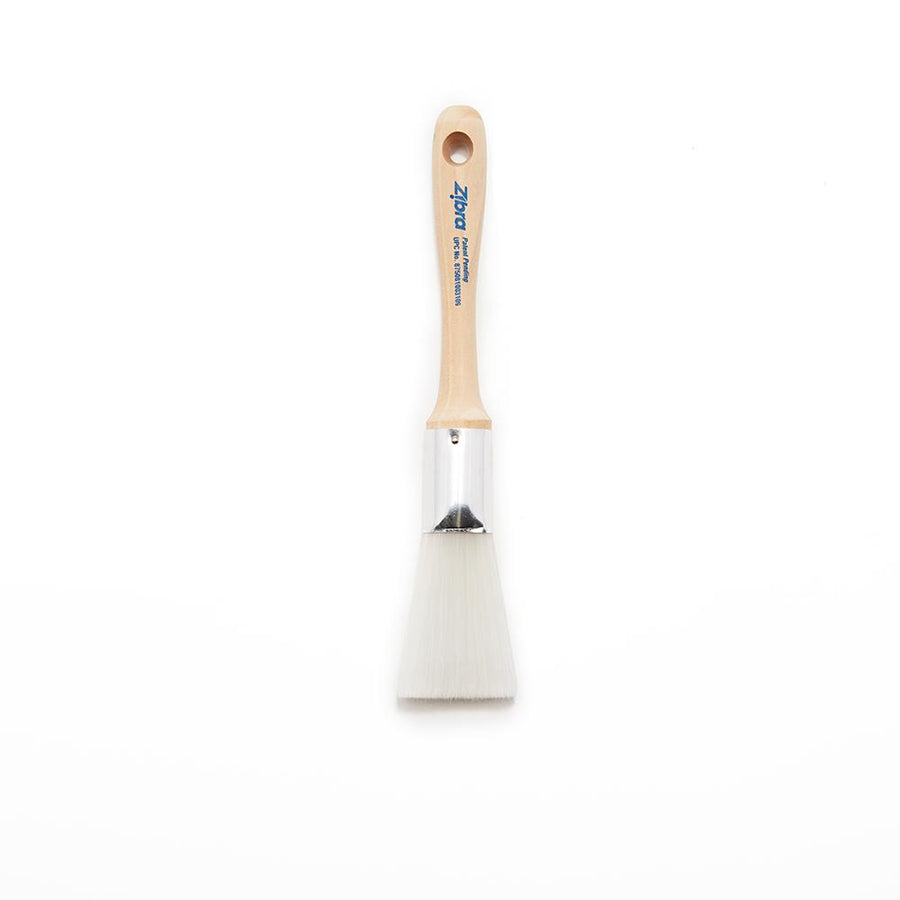
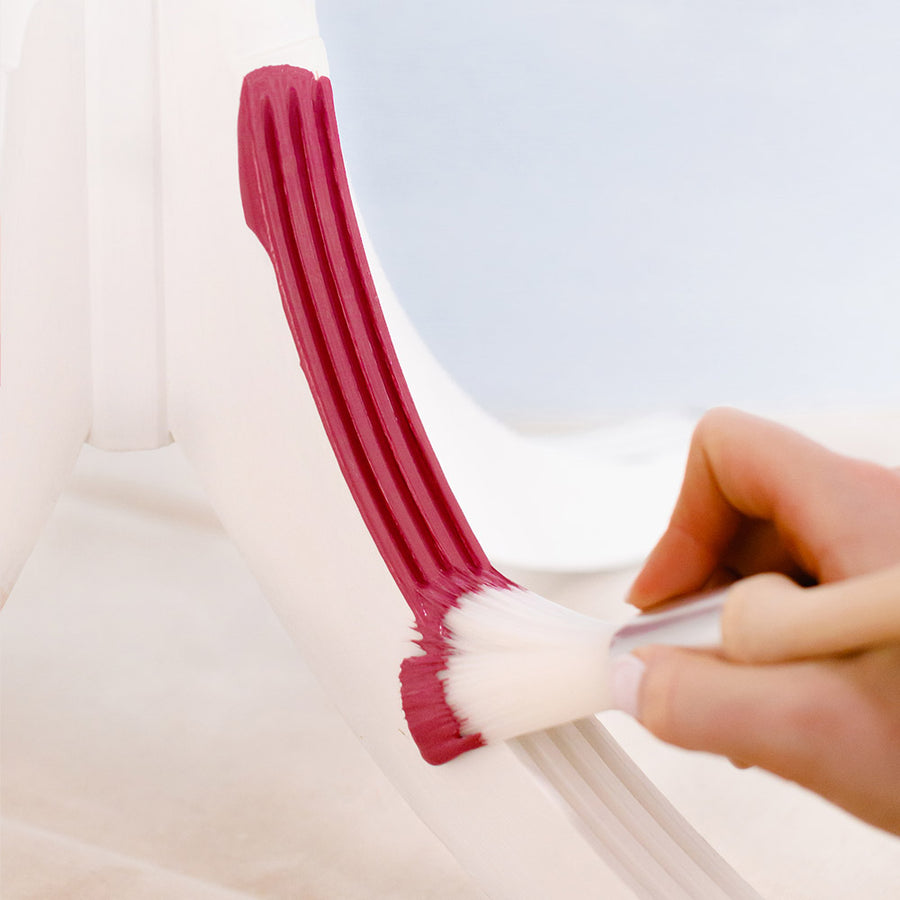
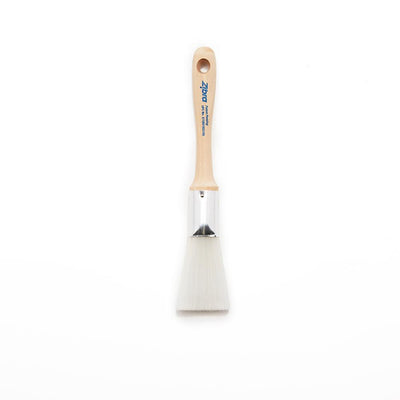
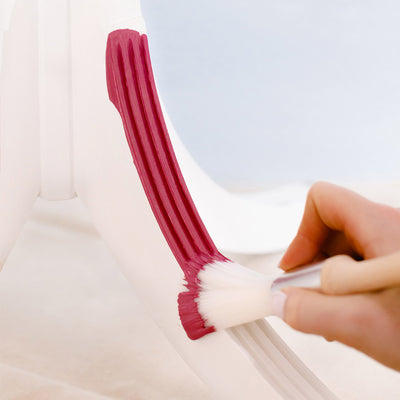
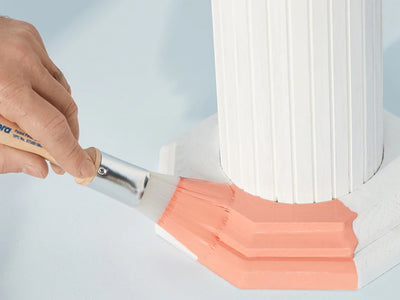
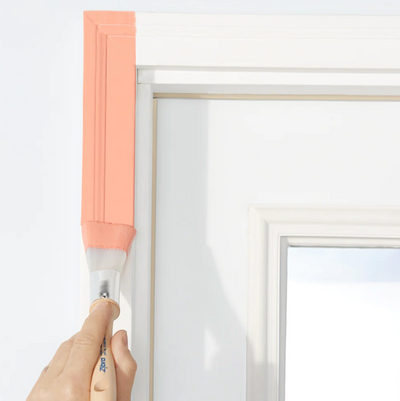
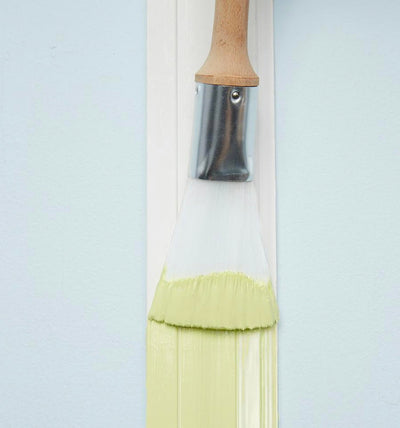
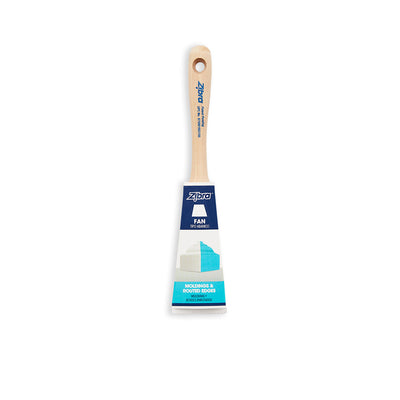
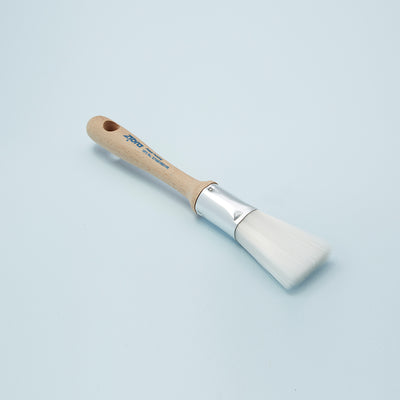
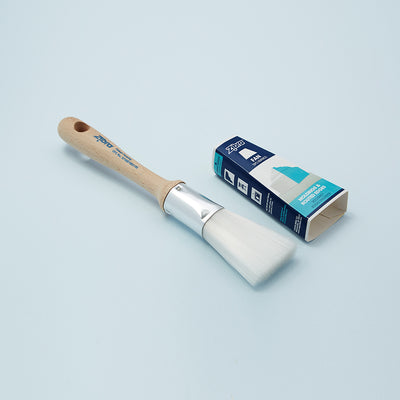
Earn 10 points on this purchase! Learn more
Designed to hug unique shapes & crevices in a multitude of different molding styles
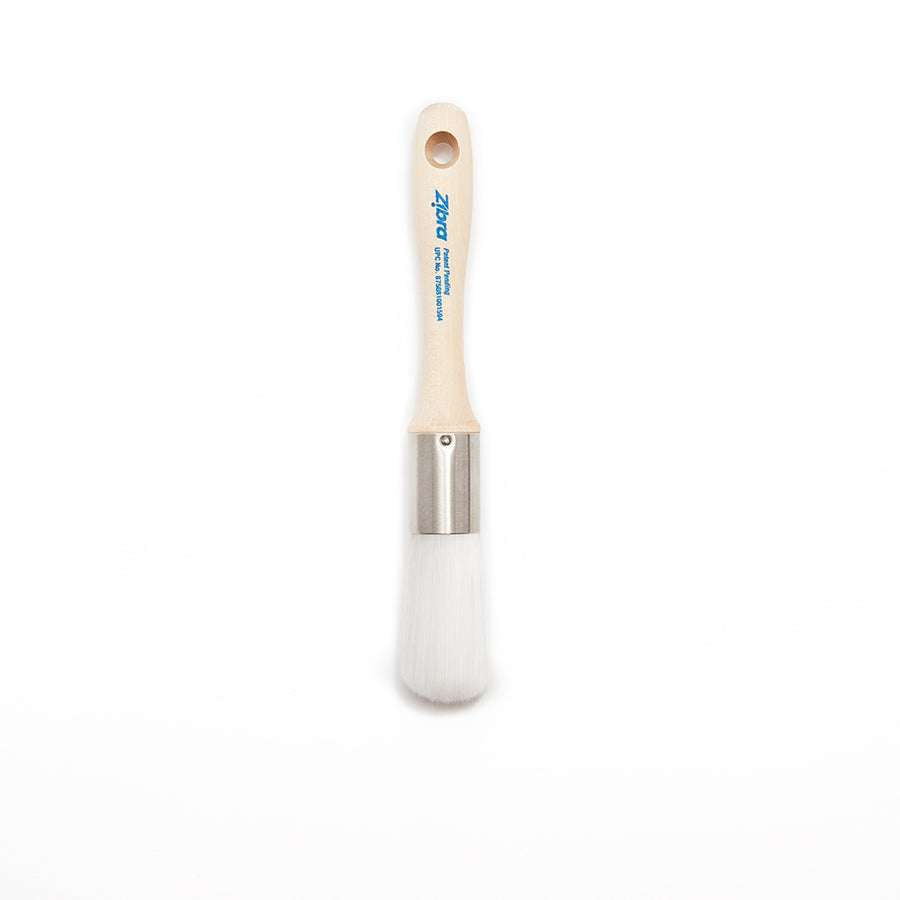
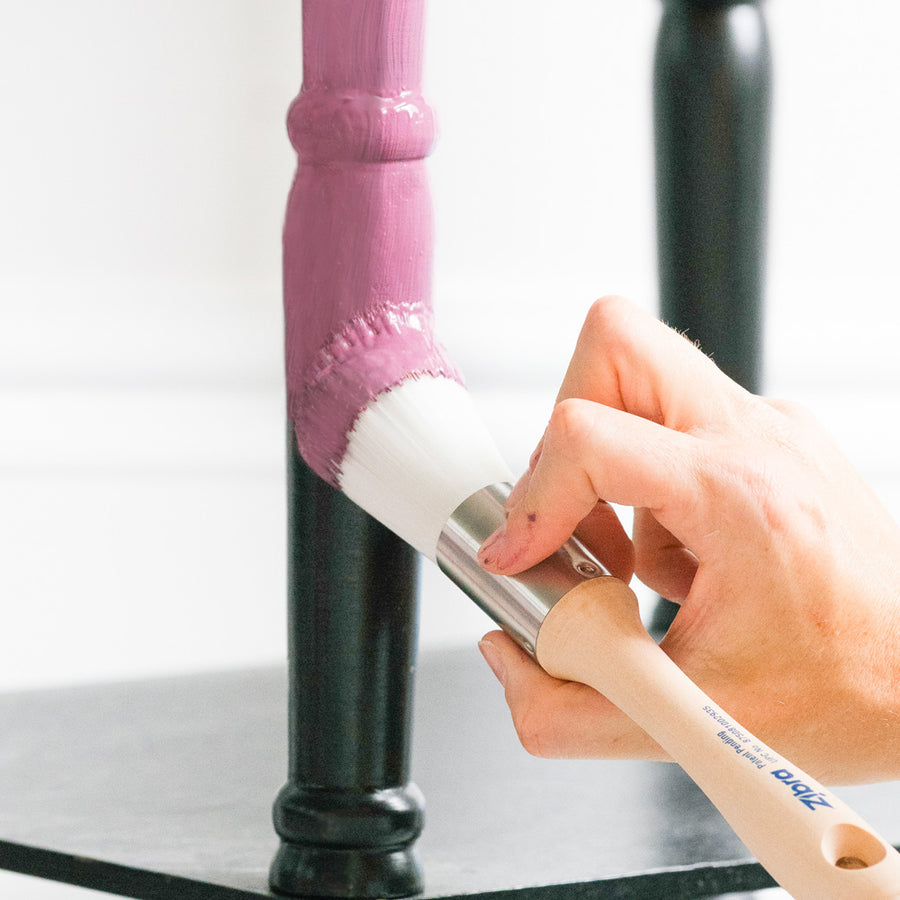
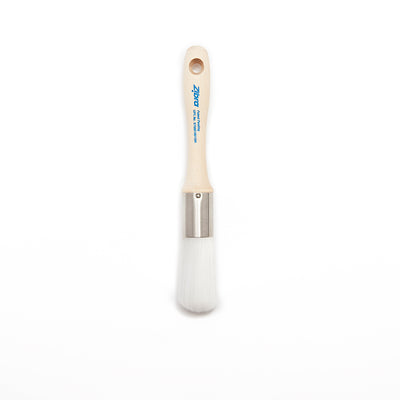
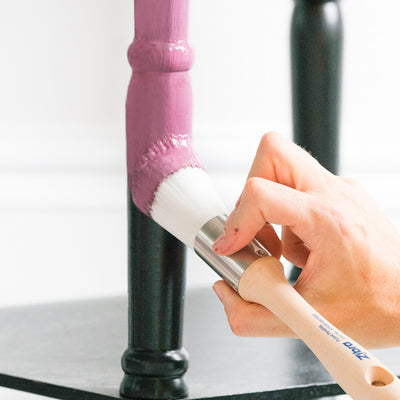
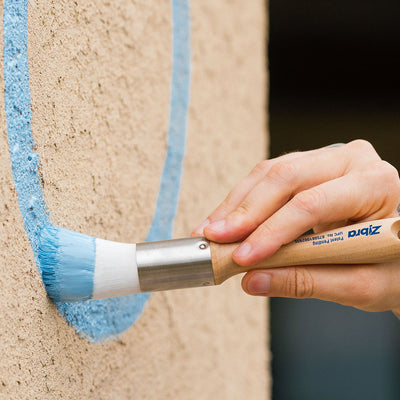
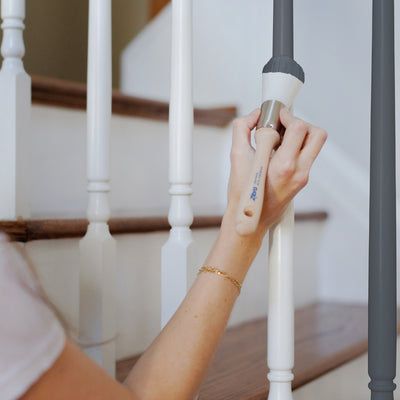
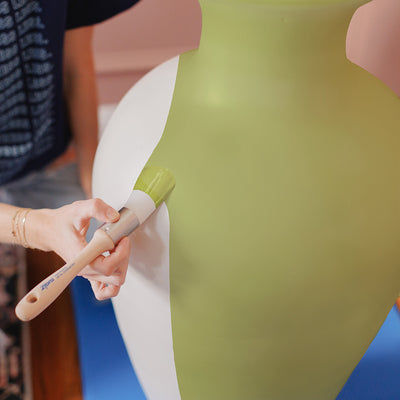
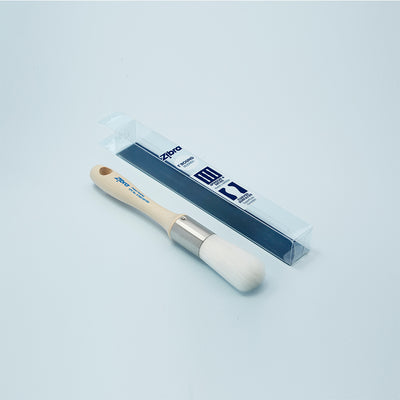
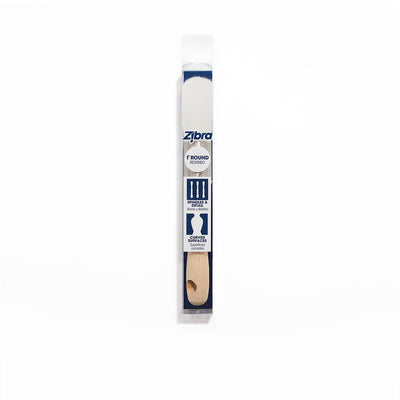
Earn 11 points on this purchase! Learn more
Large pack out for anything round or cylindrical and any ornate details










Earn 10 points on this purchase! Learn more
Designed to hug unique shapes & crevices in a multitude of different molding styles









Earn 11 points on this purchase! Learn more
Large pack out for anything round or cylindrical and any ornate details










Earn 10 points on this purchase! Learn more
Designed to hug unique shapes & crevices in a multitude of different molding styles












Earn 11 points on this purchase! Learn more
Fits comfortably in the palm of your hand, more comfort and more control especially for tight spaces










Earn 11 points on this purchase! Learn more
Ideal for painting NEXT to trim where exact lines and precision control is needed












Earn 13 points on this purchase! Learn more
Combination flat and angled head guarantees maximum paint load for long runs
















Earn 11 points on this purchase! Learn more
Painting ON trim around doors, windows, baseboards & ceilings
















Earn 11 points on this purchase! Learn more
Painting ON trim around doors, windows, baseboards & ceilings












Earn 11 points on this purchase! Learn more
Fits comfortably in the palm of your hand, more comfort and more control especially for tight spaces












Earn 13 points on this purchase! Learn more
Combination flat and angled head guarantees maximum paint load for long runs












Earn 11 points on this purchase! Learn more
Fits comfortably in the palm of your hand, more comfort and more control especially for tight spaces









Earn 11 points on this purchase! Learn more
Large pack out for anything round or cylindrical and any ornate details
















Earn 11 points on this purchase! Learn more
Painting ON trim around doors, windows, baseboards & ceilings










Earn 11 points on this purchase! Learn more
Paints corners with precision & accuracy, great for cutting in next to trim










Earn 10 points on this purchase! Learn more
Designed to hug unique shapes & crevices in a multitude of different molding styles












Earn 13 points on this purchase! Learn more
Combination flat and angled head guarantees maximum paint load for long runs
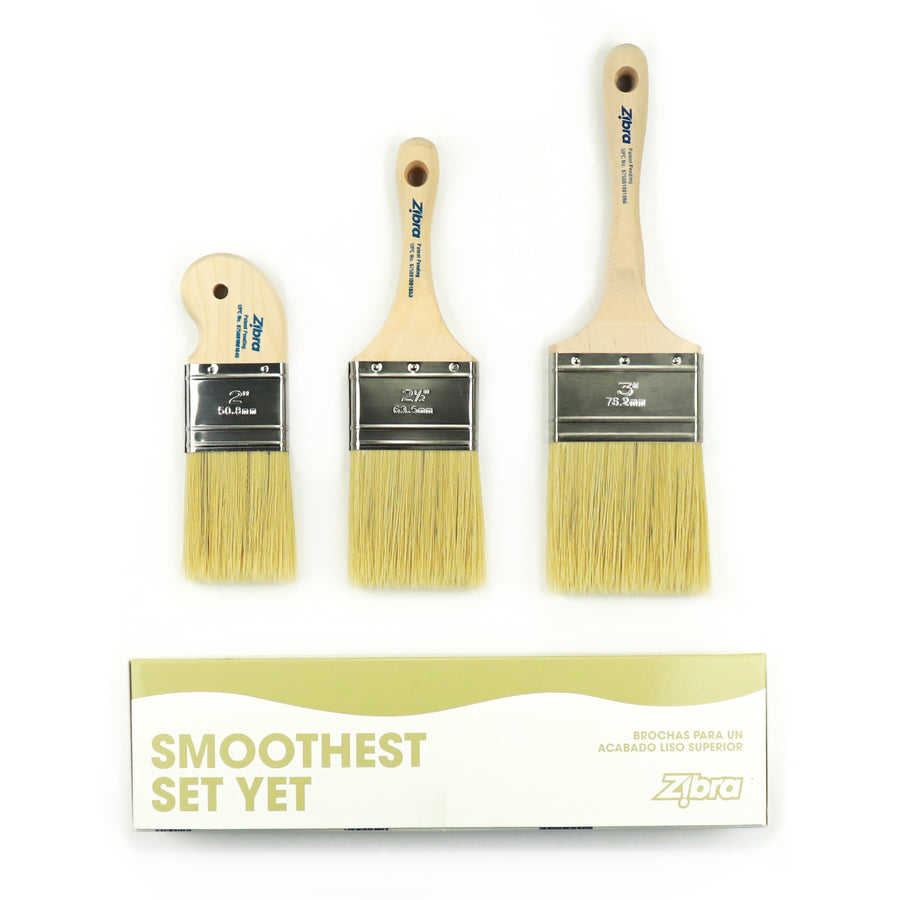
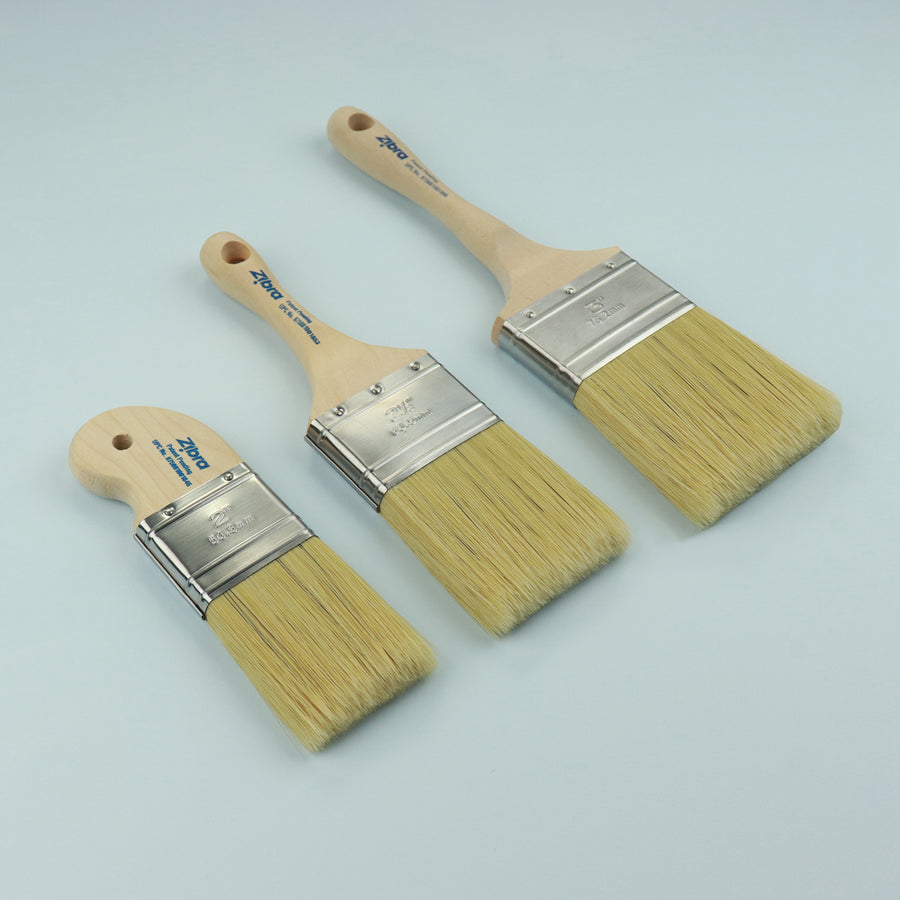
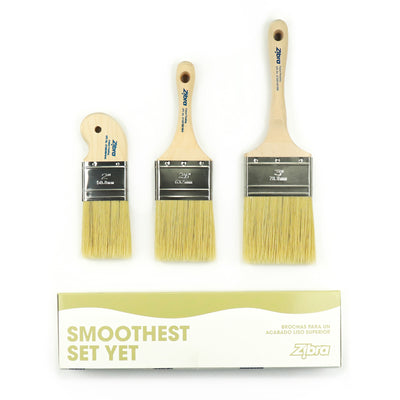
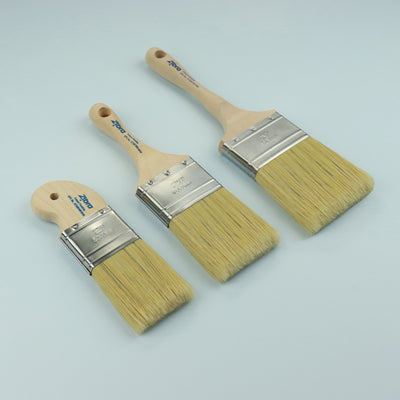
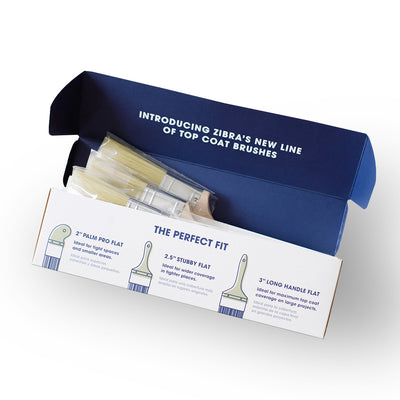
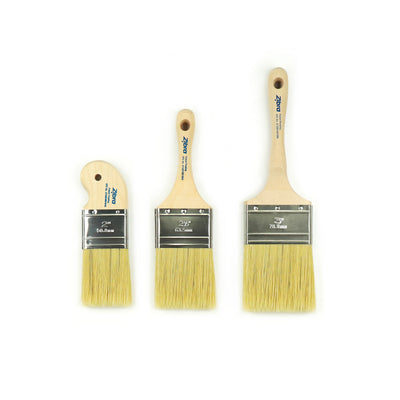
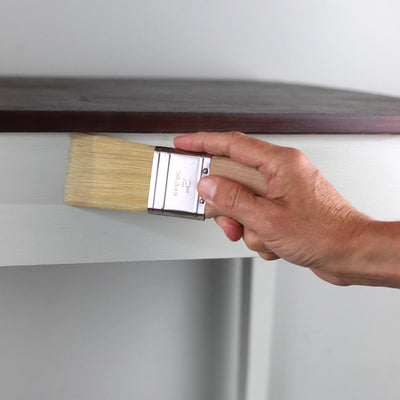
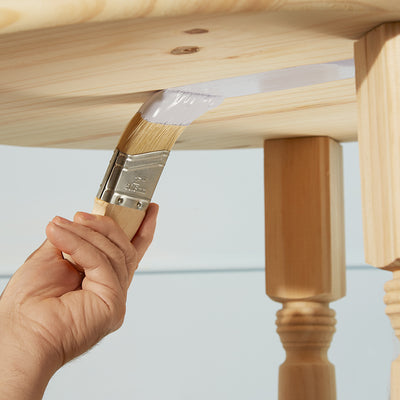
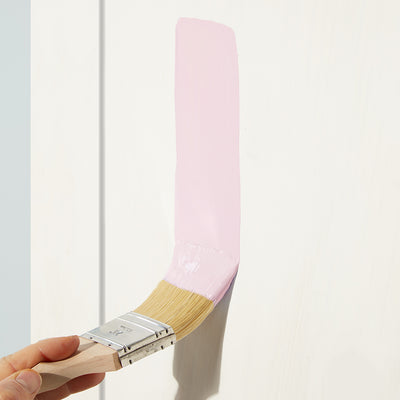
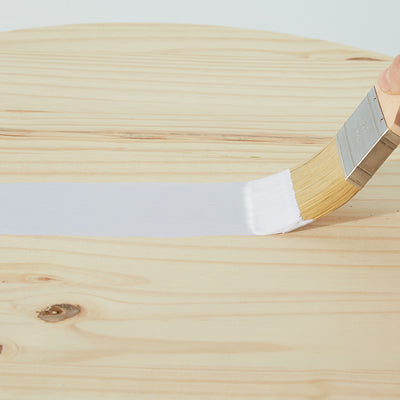
Earn 43 points on this purchase! Learn more
Each brush is engineered and crafted with filaments replicating natural bristles
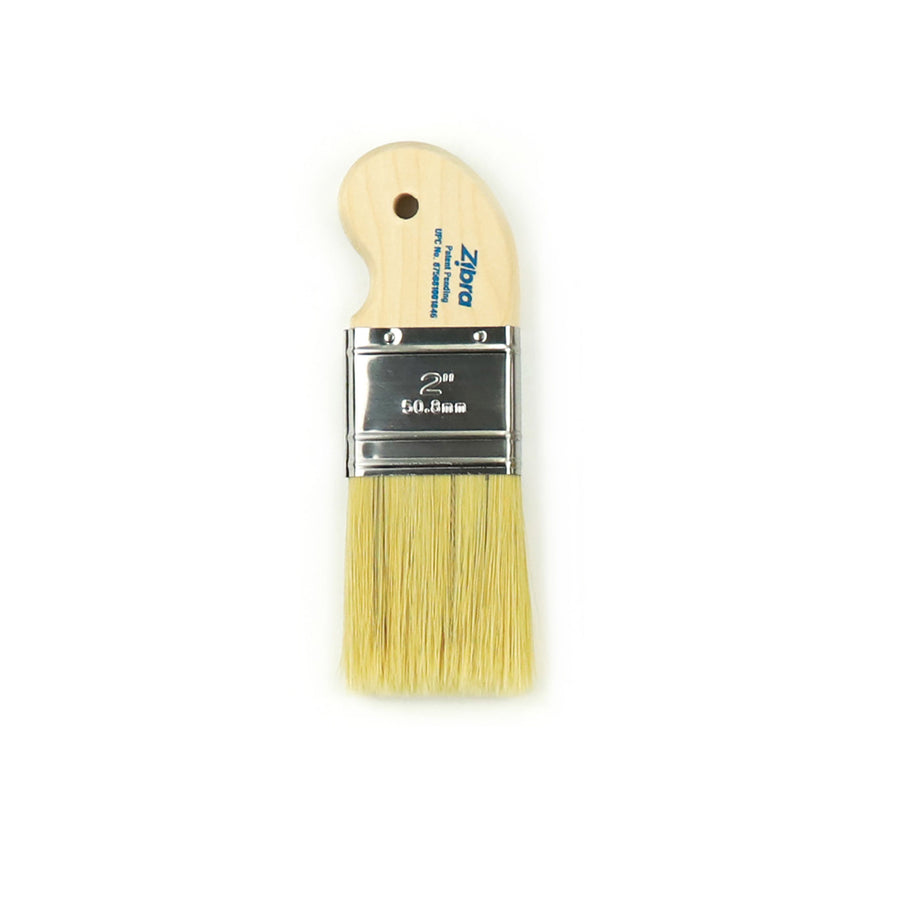
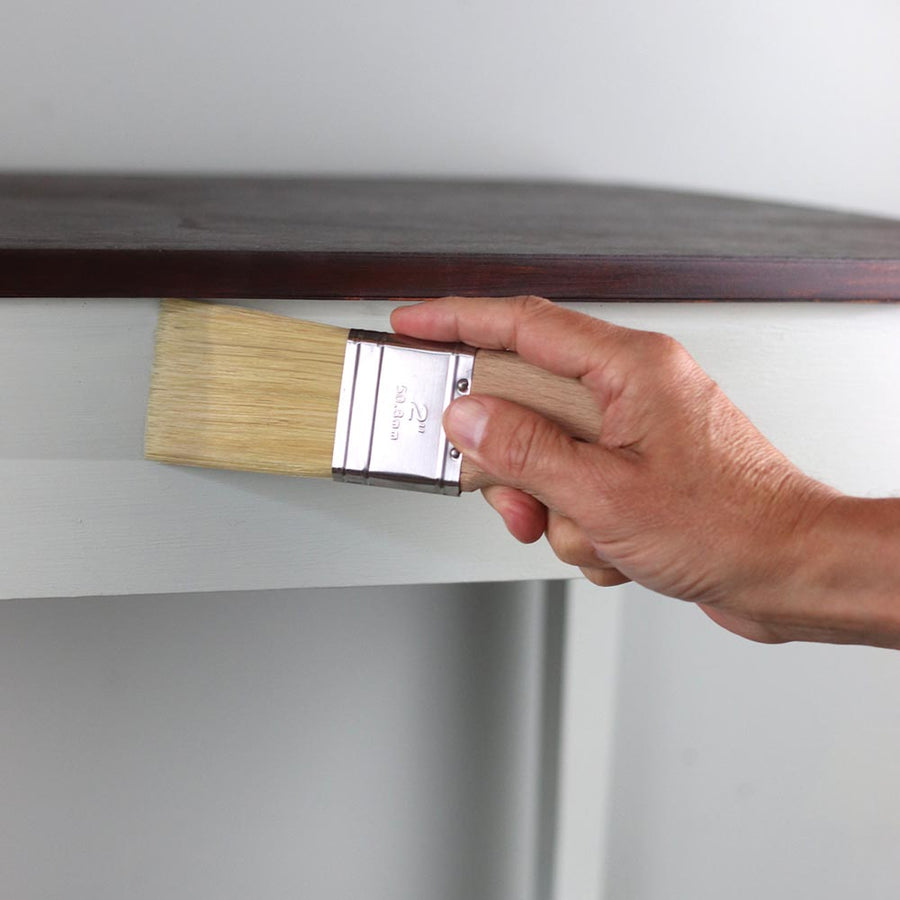
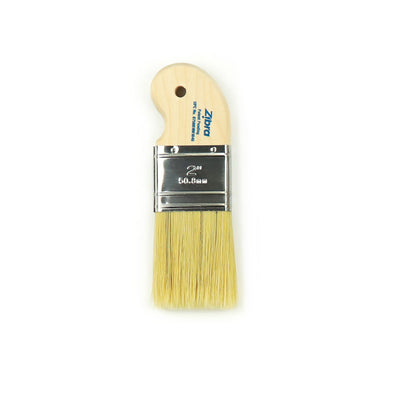
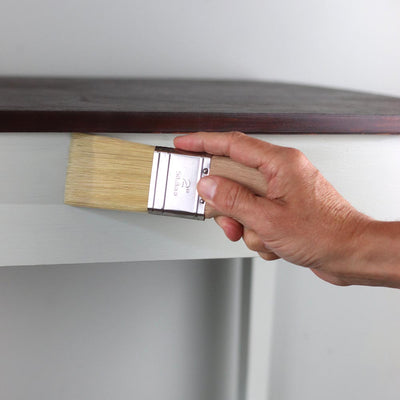
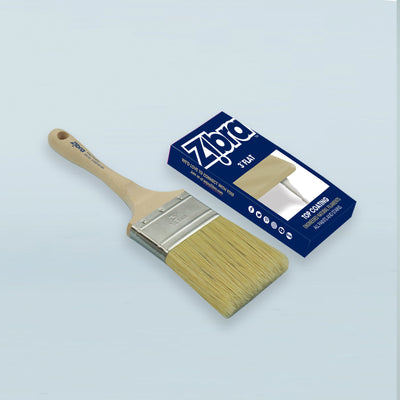
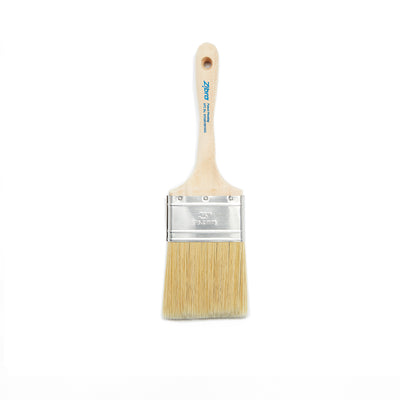
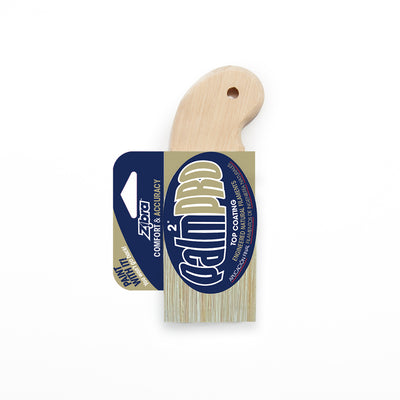
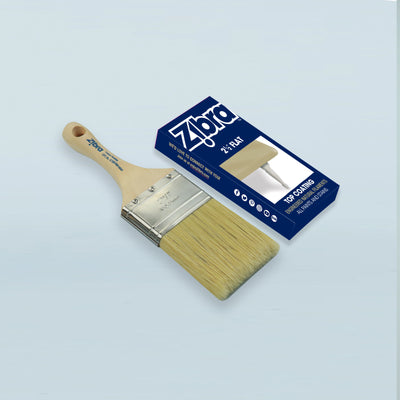
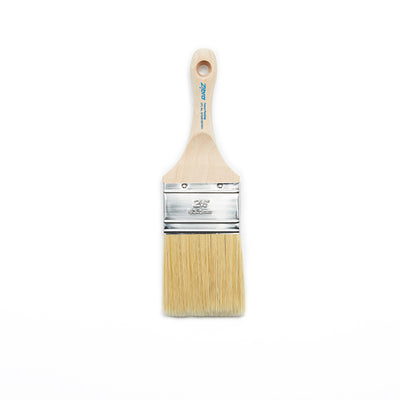
Earn 13 points on this purchase! Learn more
Our Top Coat brushes are engineered and crafted with filaments replicating natural bristles









Earn 11 points on this purchase! Learn more
Large pack out for anything round or cylindrical and any ornate details










Earn 10 points on this purchase! Learn more
Designed to hug unique shapes & crevices in a multitude of different molding styles









Earn 11 points on this purchase! Learn more
Large pack out for anything round or cylindrical and any ornate details
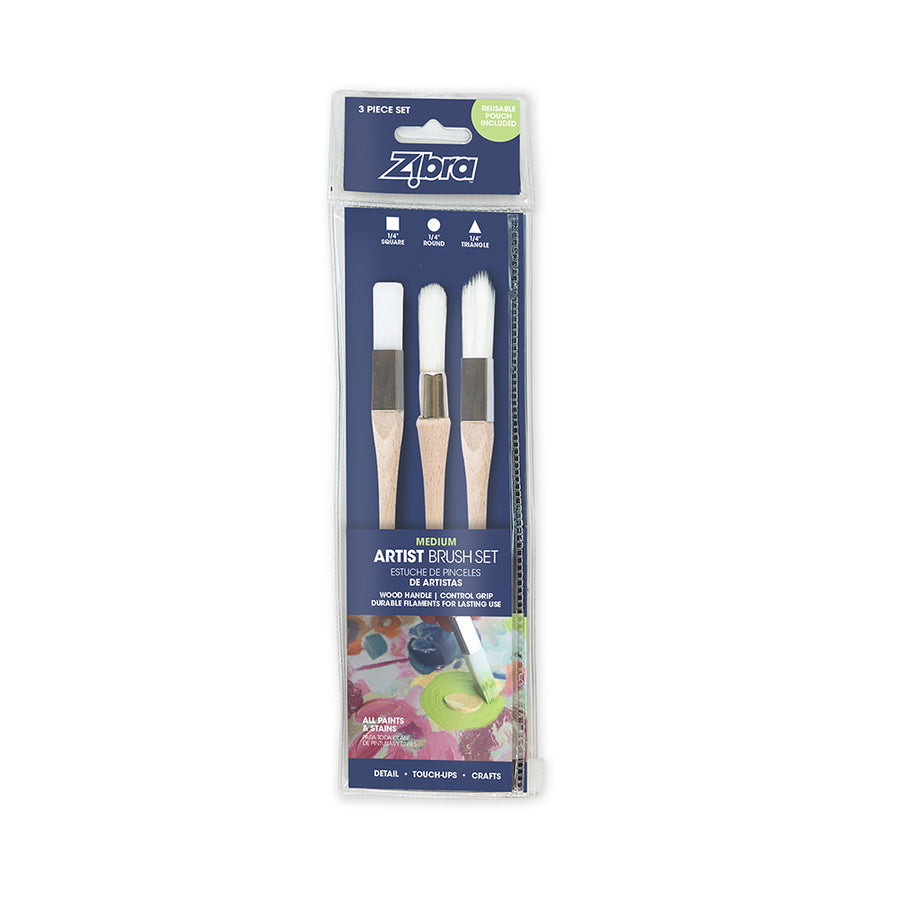
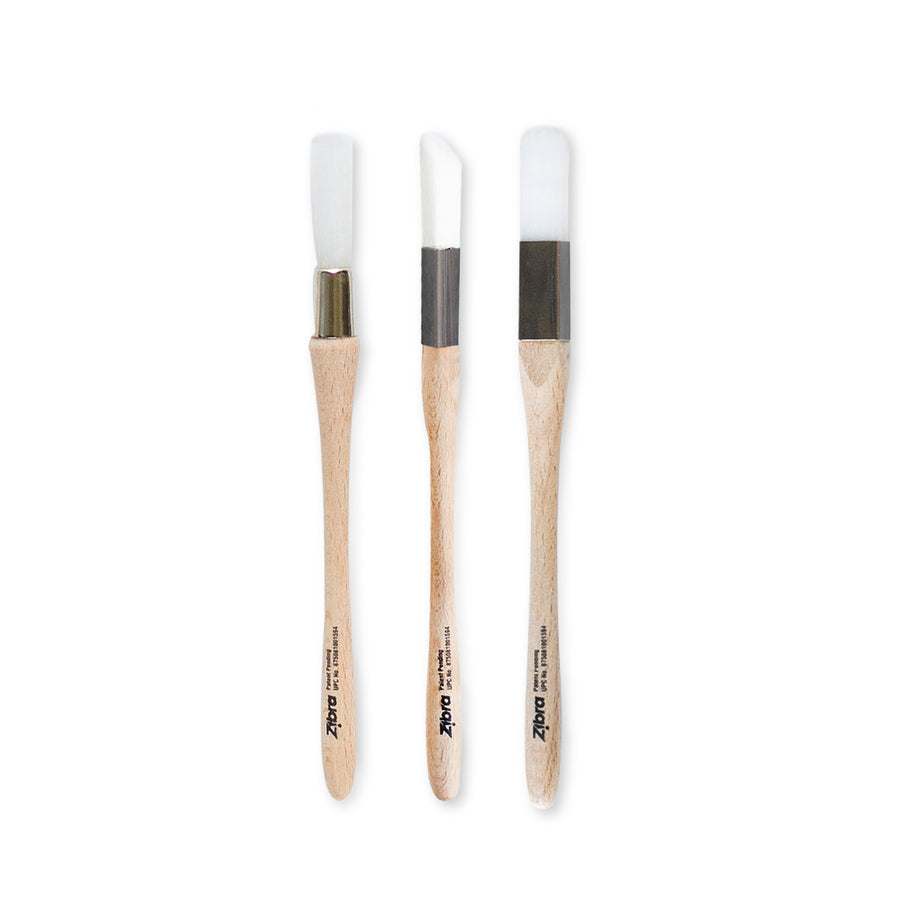
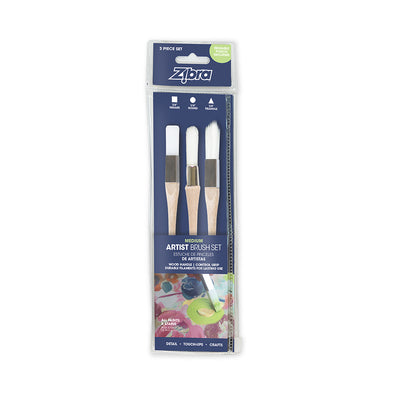
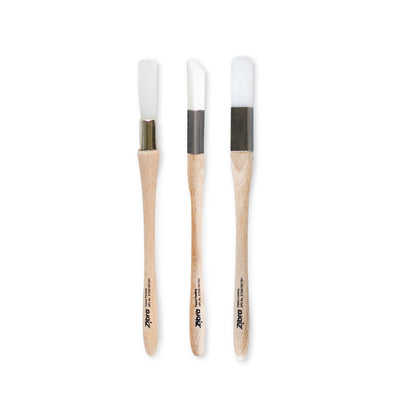

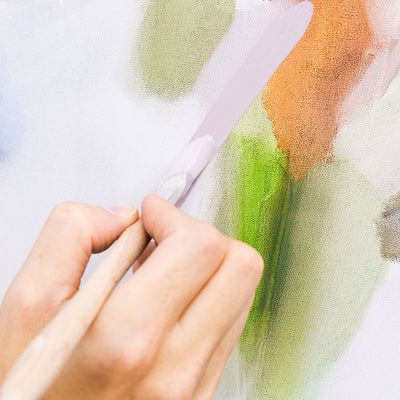
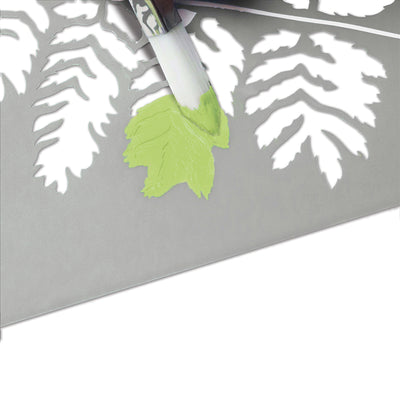
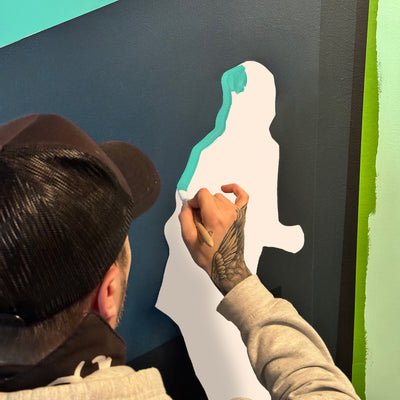
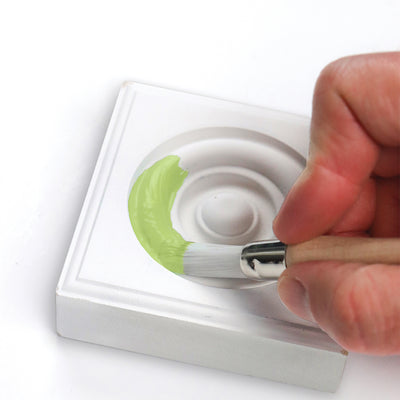
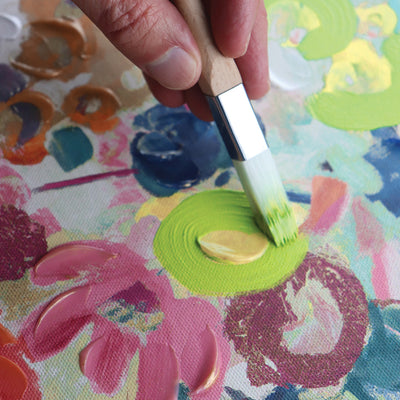
Earn 13 points on this purchase! Learn more
3 piece artist paintbrush set ideal for murals, canvas painting and crafts










Earn 10 points on this purchase! Learn more
Designed to hug unique shapes & crevices in a multitude of different molding styles










Earn 13 points on this purchase! Learn more
3 piece artist paintbrush set ideal for murals, canvas painting and crafts












Earn 13 points on this purchase! Learn more
Combination flat and angled head guarantees maximum paint load for long runs










Earn 13 points on this purchase! Learn more
3 piece artist paintbrush set ideal for murals, canvas painting and crafts
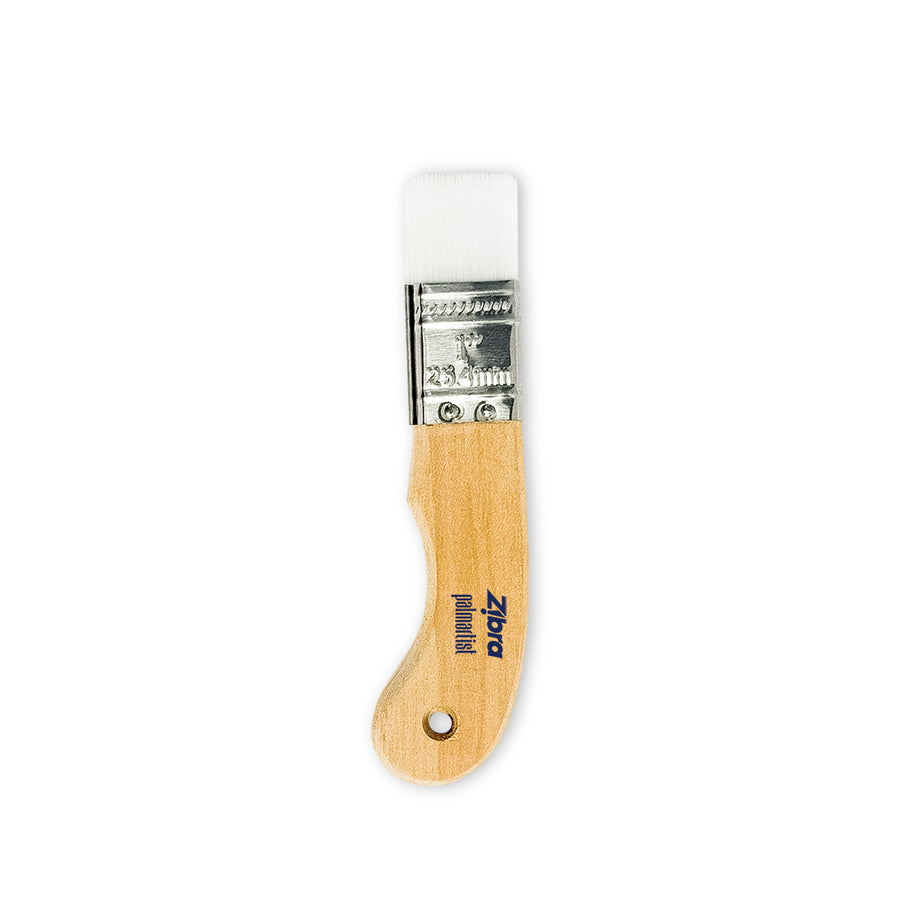
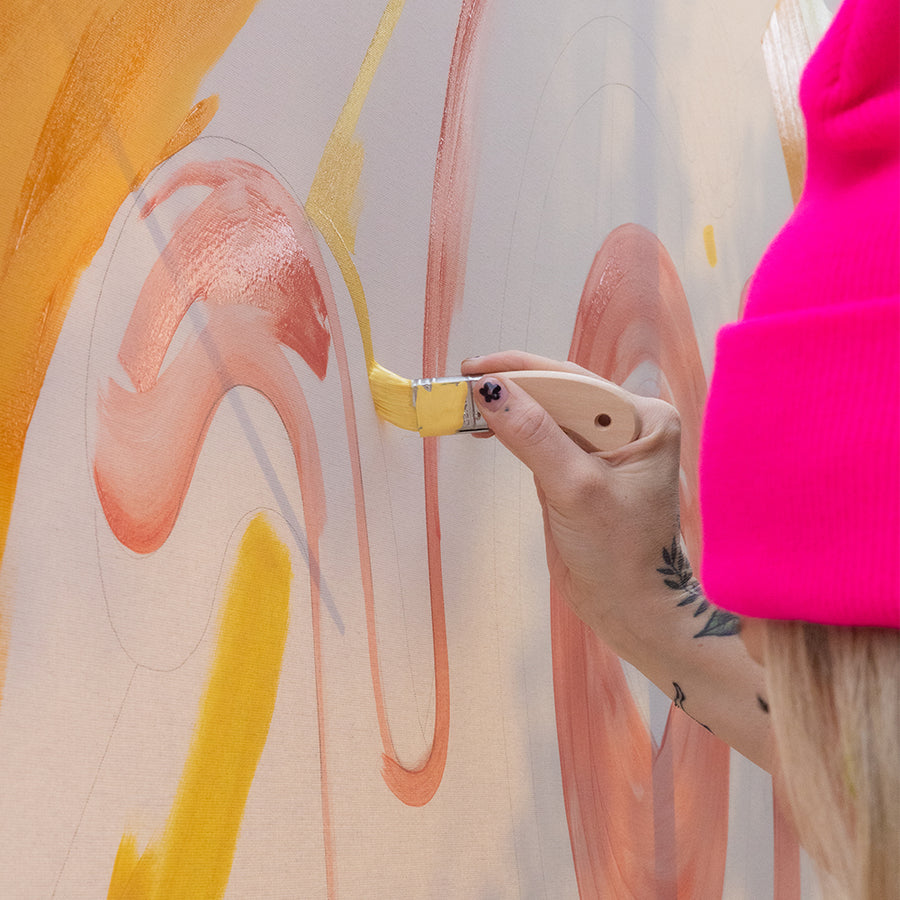
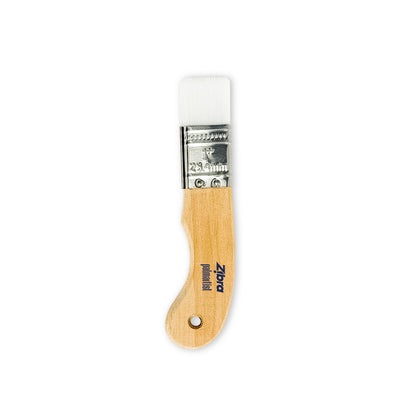
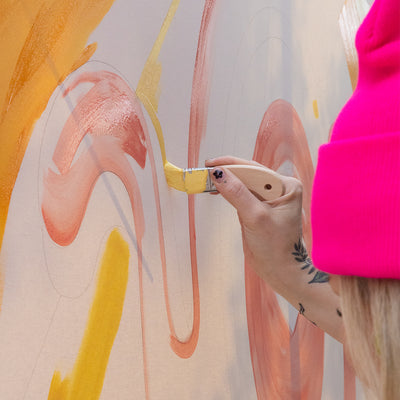
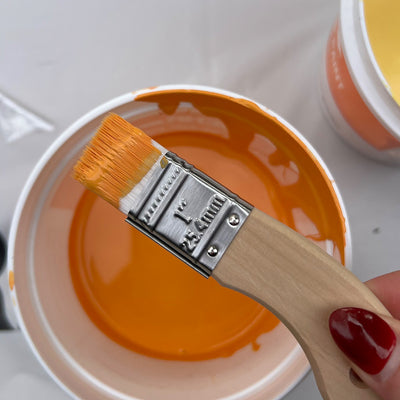
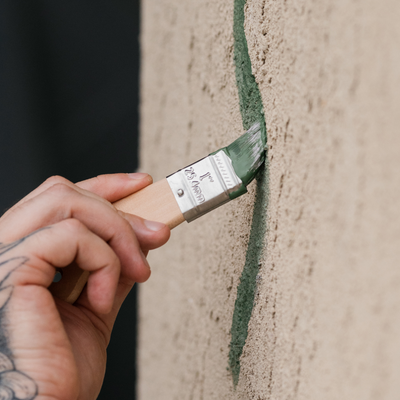
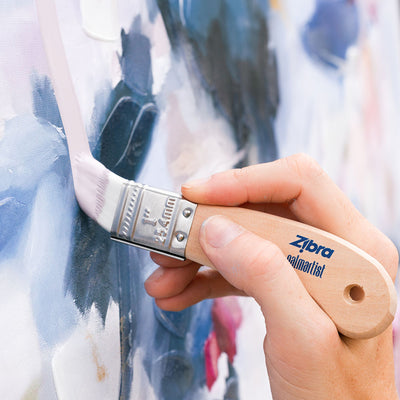
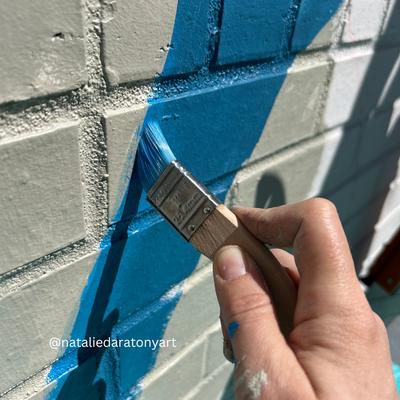
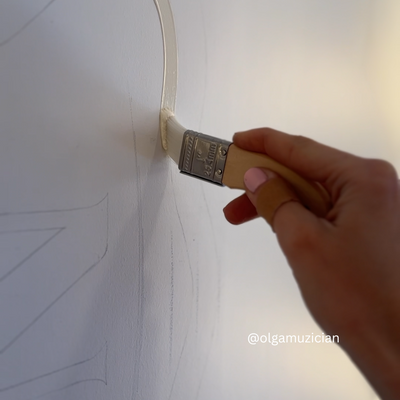
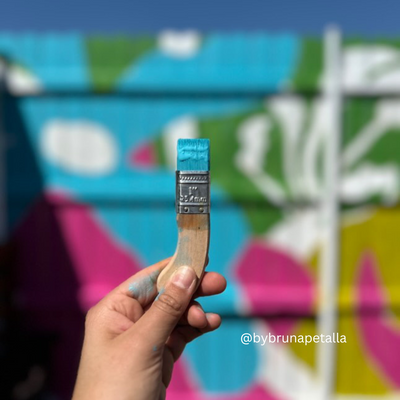
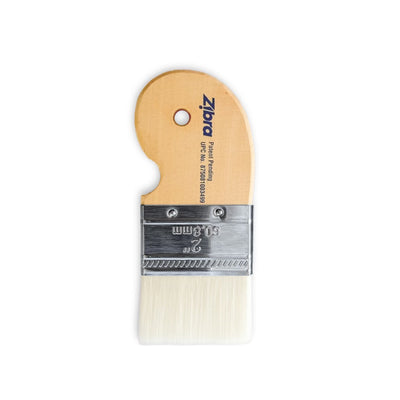



Earn 10 points on this purchase! Learn more
Introducing the latest addition to our Palm Pro family – the Palm Artist Paint brush










Earn 13 points on this purchase! Learn more
3 piece artist paintbrush set ideal for murals, canvas painting and crafts
Get exclusive offers and tips
